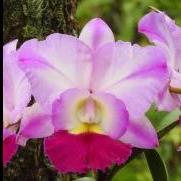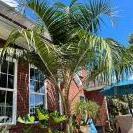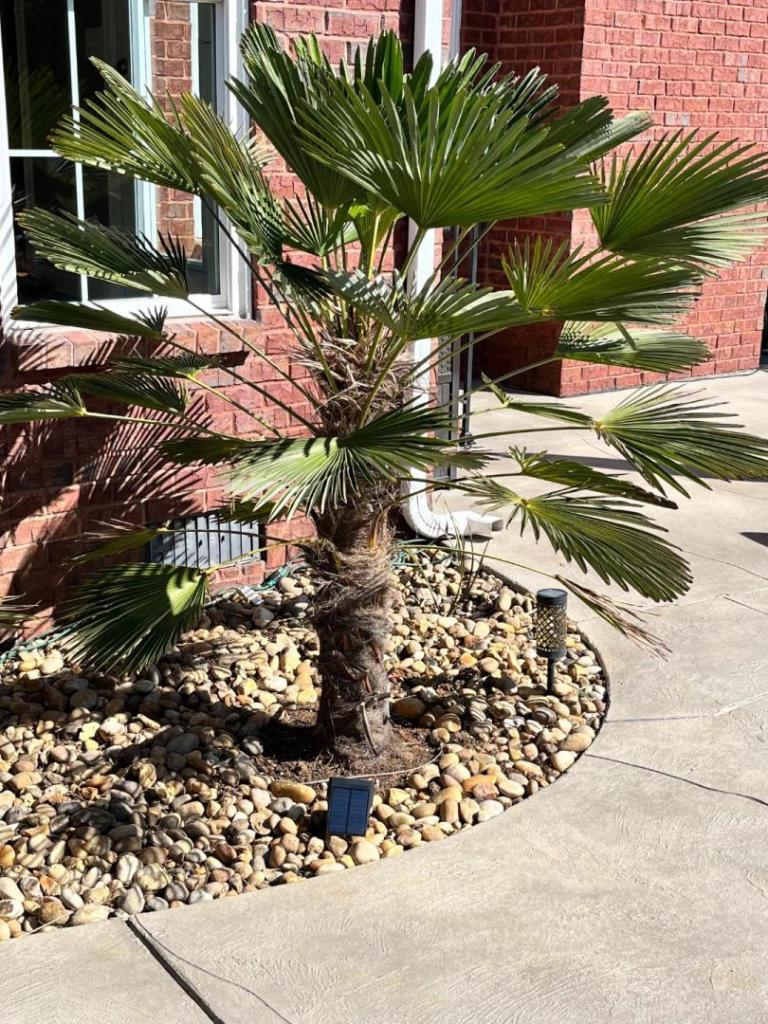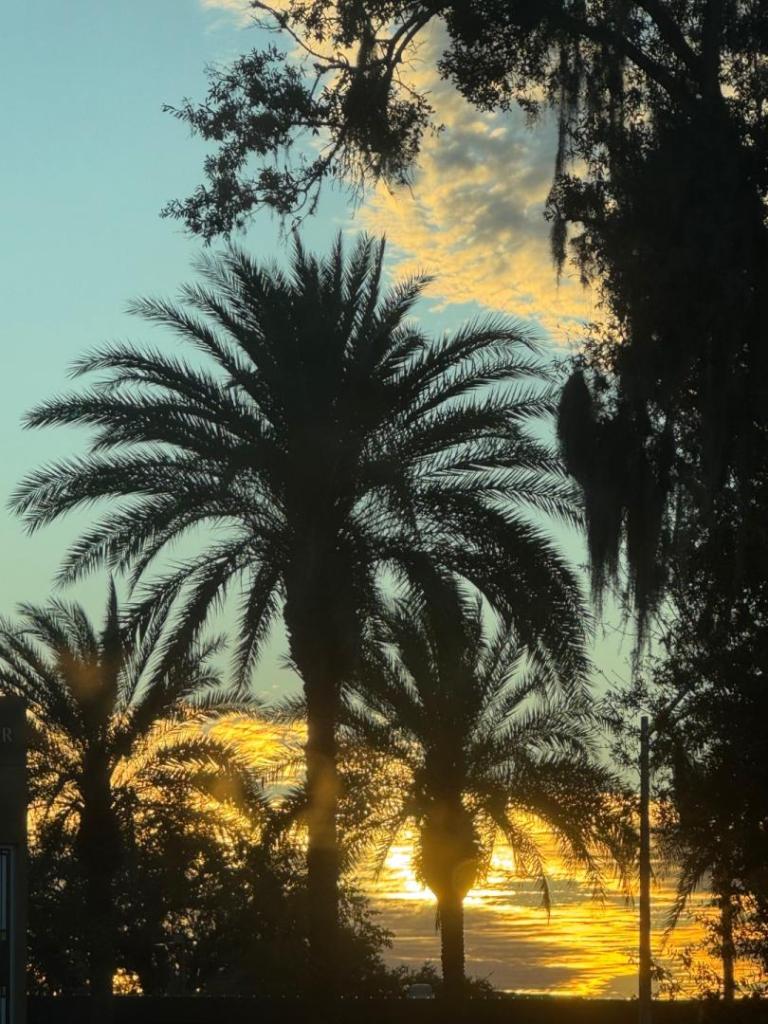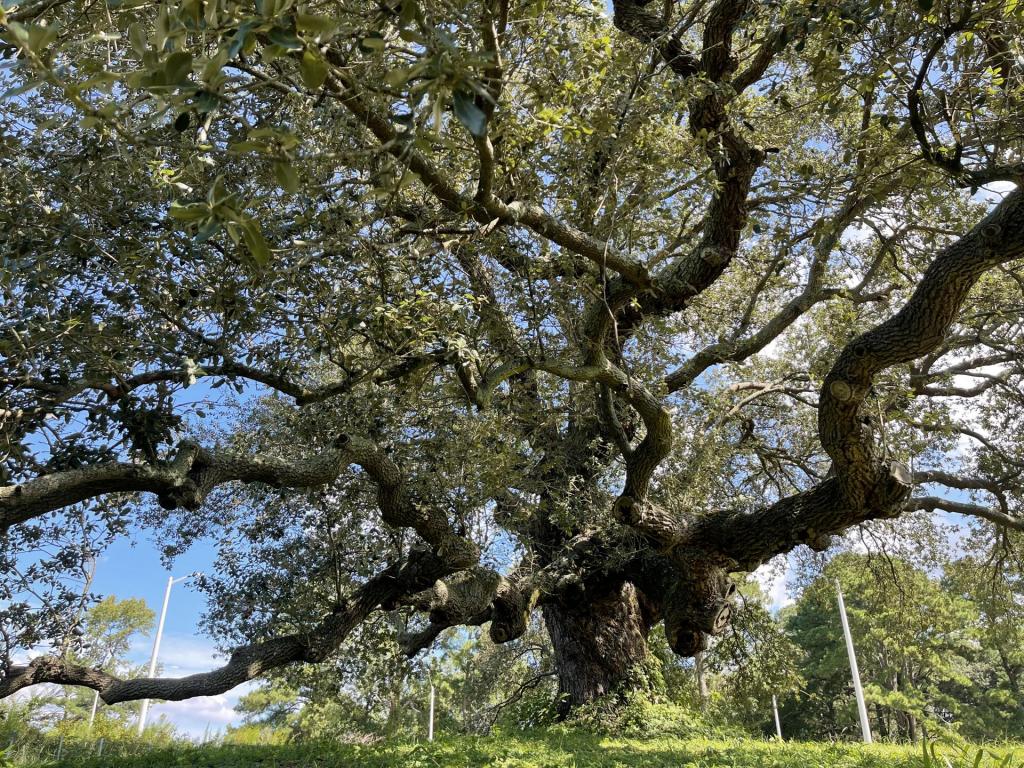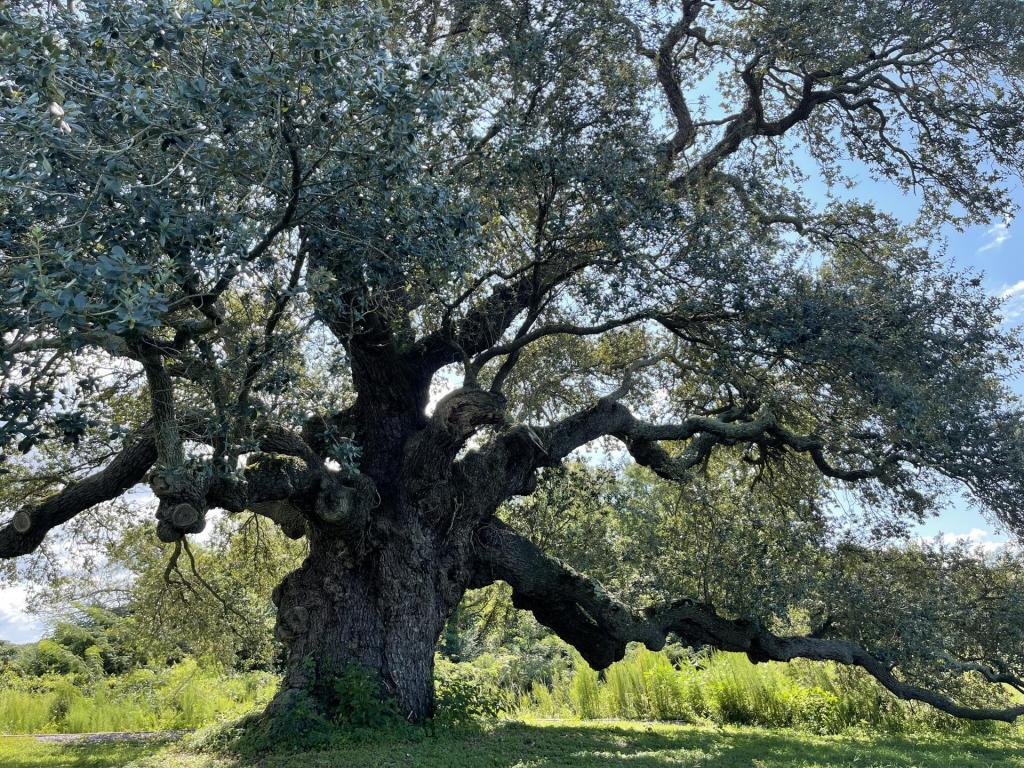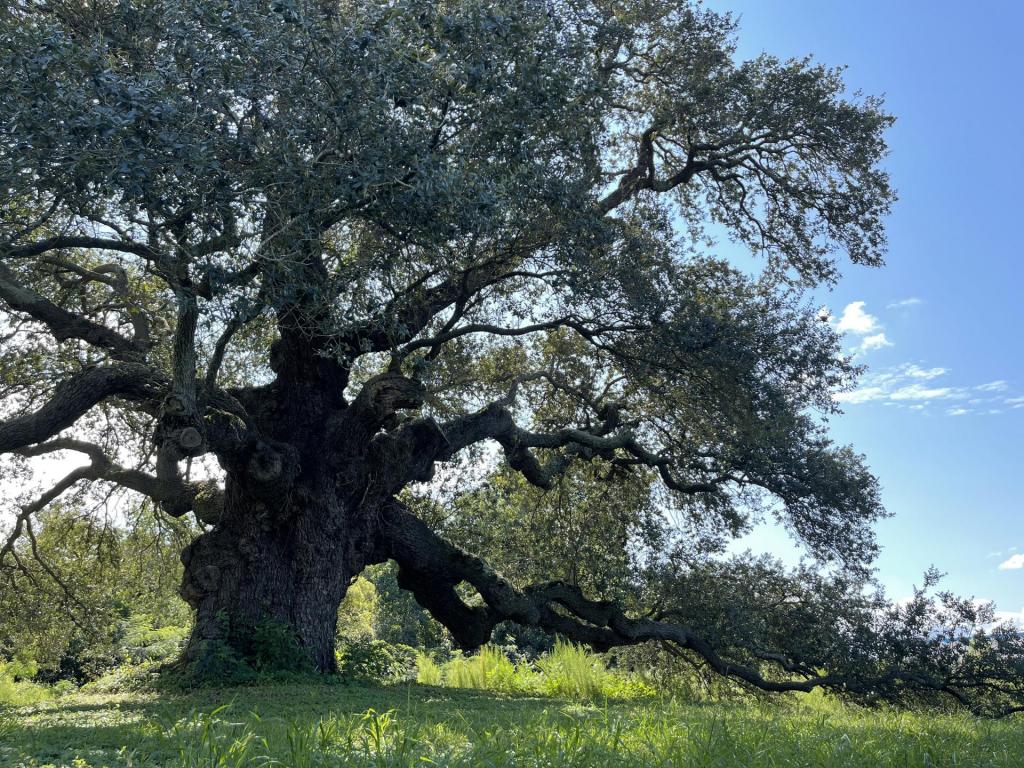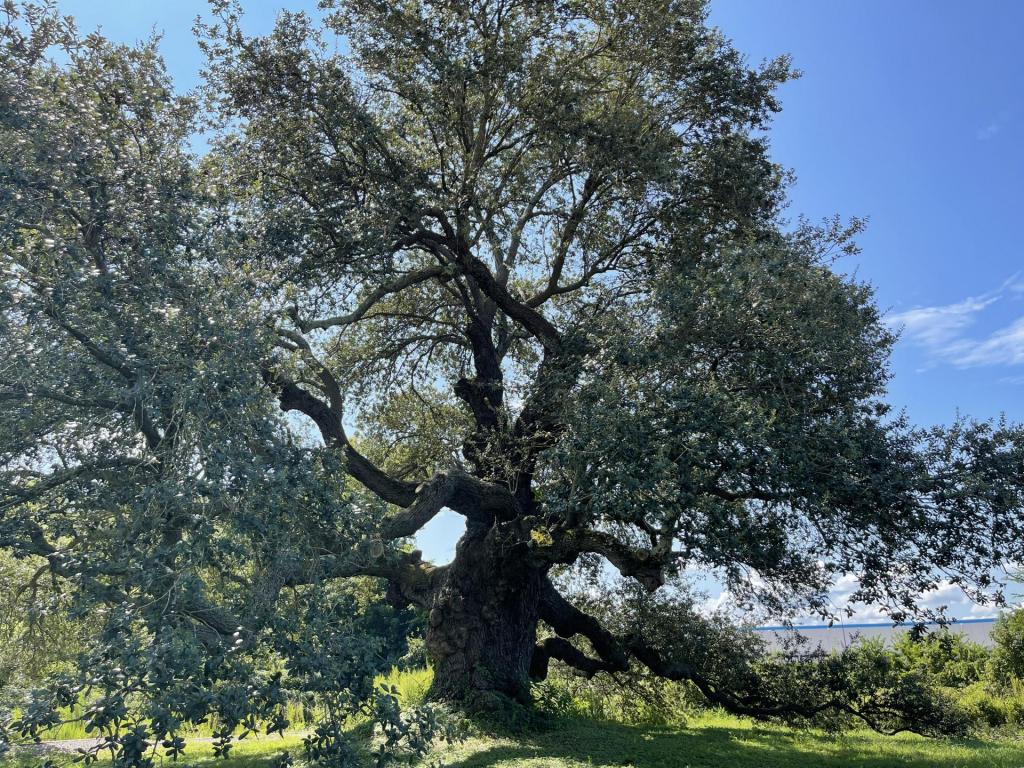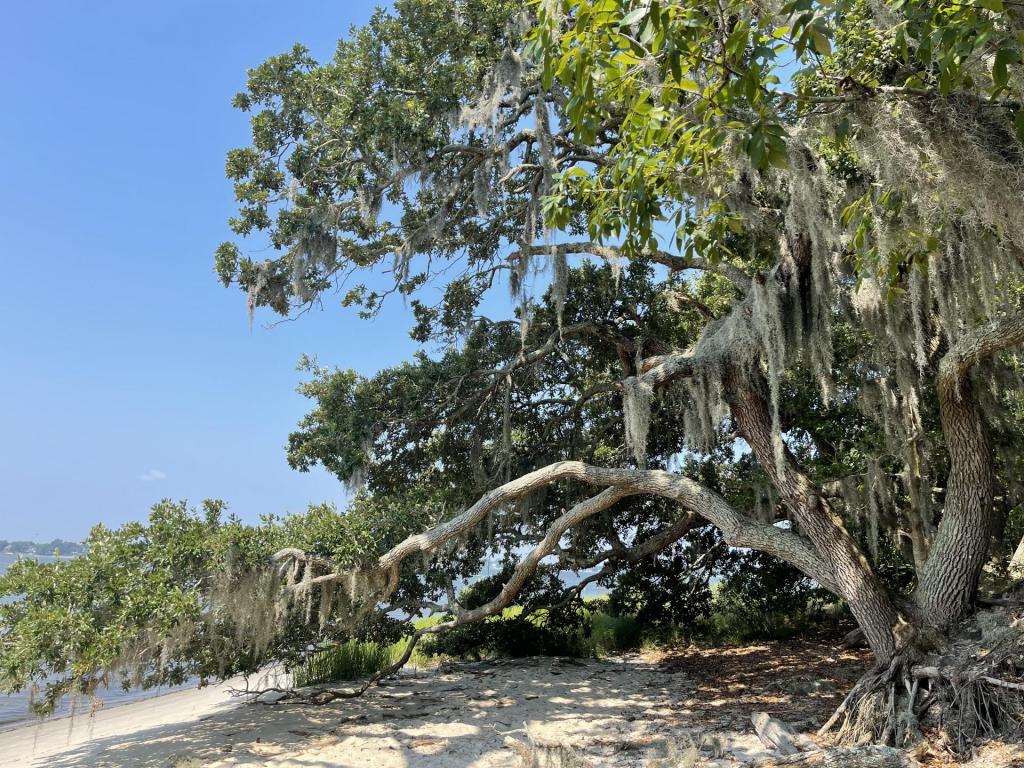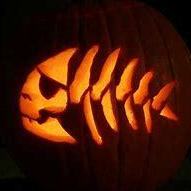Leaderboard
Popular Content
Showing content with the highest reputation on 03/03/2025 in all areas
-
In January 2020 I received my Mule Palm from MPOM. Over the last 5 years its grown substantially and now I am faced with a decision to up-pot yet again, sale it, or plant it. Of course I chose to plant it. A new pot the next size up would be about $300, and then what? In 2 years I'll be faced with the same predicament. This mule has endured the last 3 seasons outside since it's been too large to come in the house since 2022. The lowest we've been since then is 10F and its suffered minimal to no damage (granted - I laid it on the ground and threw a bed sheet over it when it got that cold). Otherwise it's stayed outside year-round. Now, before anyone comes for me about planting it (Yes, I'm in zone 8) my logic is that considering its survival and knowing its marginal palm here - I am willing to see what happens. Who knows, maybe we won't have anymore century level events for the next 100 years. *fingers crossed* Anyway, the predicament has been WHERE to plant it; the backyard is quite full these days. So, the decision to remove my Namwah banana mat was made yesterday, and plant the mule in its place. While I love my bananas, and they do extremely well here - the Namwah was the right plant in the WRONG place and was a constant pain to keep off of the fence, and off of the patio. Not to mention I have plenty of other varieties of bananas. I made the right move. After 9 hours with only a quick dinner break today I managed to somehow remove the established mat of namwahs, and excavate a planting hole for the mule. (word to the wise - do not plant bananas without intent. Be sure that's where you want them for all eternity and have ample room around them. Oh, and use heavy lifting equipment if you need to move them.... ugh😫) Post trunk chop from winter and now the heavy lifting begins... About 2.5hours into it and I'm questioning my life choices ..... QUEUE 200 LB POTATO..... After about 6 hours I finally managed to get the giant potato from hell out of the ground and dig out a 2 foot deep 2 foot wide meteor impact crater .... *notice the red clay - if you know you know* Once removed from its prison... er, I mean pot.... I had to do some root pruning/releasing. It was extremely root bound and swirling. Once the mess of roots had been freed from themselves - the rest is the easy part. To settle in I made sure to add plenty of plant tone and water in incrementally as I back filled the hole using a mix of seaweed extract, superthrive, and root stimulator water. Hopefully that will minimize transplant shock. Fingers crossed. I do expect to lose some of the lower fronds just from how aggressive I had to be with the root mass. Finally after about 9 grueling hours, sunburnt and bleeding .... Hopefully the Mule likes this spot as much as the bananas did, and I get to see some explosive growth. As per usual it will receive nothing but regular waterings with seaweed and unsulfured molasses water to establish the root/soil microbiome this season with no fertilizers for the next 90 days. IMG_0208.HEIC13 points
-
12 points
-
5 points
-
5 points
-
I bit the bullet and planted a California Fan Palm (or what I believe to be a very pure Washingtonia Filifera) at the advice of the Plant World staff in Albuquerque. I planted it in a protected spot near the house by the fence. Got a really good deal, massive 15 gallon for $200. Asking for care advice, and also if these need protection. The California Fan Palms outside of Bahama Bucks seem to be thriving, but they are protected. There are also many unprotected palms in Roswell. We had an exceptionally cold winter and all the established palms seem to be fine. Pic attached.4 points
-
3 points
-
Talk about a kid in a candy store omg. What fun it is to have so many new palms to choose from and some absolute bargains. As a palm grower myself I could not resist a kerriodoxa even though I have 700 of them in my greenhouse I just had to buy it. Even a nice Cham genoformis, dypsis poiveana I already have quite a few in containers and in the ground but I still had to buy them I just can’t help myself. So the list of palms I purchased are as follows. cham genoformis, pritchardia martii, licuala pelata sumowongii, synecanthus warscewizianus, hydriastele pinangoides, dypsis managenerensis, dypsis rosea, Cham elatior, ptychosperma cuneatum, rhopalastylis sapida, dypsis poiveana, dypsis pinnatafrons, Cham nubiums Pinanga insignis dypsis arenarium blue form, dypsis robusta, Chuniophoenix humilis, Calum’s muelleri and an Arenga caudata. An absolute feeding frenzy of palm buying and the best part was a total blast of fun doing so. Just a couple more for the collection.3 points
-
Good luck with it! I hope you get many good years out of it. That looks like a really tiring day...and exactly how every weekend should be. Thank goodness spring is here.3 points
-
3 points
-
So I'm just wondering about other people's experiences when buying from this company? Specifically any reviews of their Butyagrus seeds that they have been selling in recent years...? Someone in the UK brought a batch about 2 years ago and I was able to source some of them from him via Ebay about 20 months ago now. I paid £36 / £48 for 8 of those seeds from him plus UK postage. I think he had ordered 100 seeds for about $250 and had to pay about $40 postage to get them to the UK. Some of those he was able to sell on to other collectors like myself. Well fast-forward almost 2 years now and I haven't had any of my 8 seeds germinate and I haven't heard about any germinating from the other guy's seed batch. I also know there is a member in Spain @Peachs who has purchased 50 seeds from them for 192 Euros / $205 around the same time and he has not had a single one germinate either in 2 years now. So there is a definite red flag there and a common theme of European buyers being sent 'dud' seeds at least. Whether or not others in the States have also had this issue...? Has anyone else got any experience with dealing with this company and specifically purchases of their seeds, as it does seem we may have been sold 'dud' seeds that were not viable. If they were cheap, then like 'whatever'. But the two other buyers who I mentioned have clearly paid enormous prices to ship dud seeds across the Atlantic. It's not really good enough, is it!? 🤬2 points
-
2 points
-
That seems about right unless , of course , there is a rain event that waters the palm for you. Be sure to do the finger in the soil check to make sure it is not drying out or getting too much water. Weather can affect the requirements. Harry2 points
-
1)High drainage check, 2) green sand worked to help the appearance, check. Its a potassium deficiency but there could be other problems as well. When we talk of sand or gravel changing the soil chemistry two factors matter. Solubility in water, and surface area. SUrface areas of gravel decrease rapidly with gravel size. Therefore granite 3/4" will do nothing on both counts, its big so has a low surface area/lb and its not appreciably soluble (dissolvable). Limestone is another matter its quite soluble in water for a stone. I would expect that unless you have limestone or dolomite, minimal chemistry changes will occur from gravel. But the low surface area also means low cation exchange especially if the gravel is deep into the soil. Low cation exchange in high drainage soil is exactly what is in my yard. White/grey sand is the worst soil, bring on the ammendments to up the cation exchange and moisture retention. Lack of moisture retention means more frequent watering which can lead to a hardness accumulation from irrigation water if it is of a significant hardness. That further prevents soil wetting and water/fertilizer uptake. I would go straight to sulpomag(langbeinite) and consider some soil ammendment, perhaps turface MVP.2 points
-
2 points
-
Here are some mature Sabal mexicana in Plazuela de San Pedro, Antigua Guatemala. They had the boots removed by chainsaw and have an interesting trunk pattern now. Seems to me that Sabal mexicana is synonymous with Sabal guatemalensis. There were no fruits to be seen on any of the palms, the birds stripped them clean.2 points
-
2 points
-
2 points
-
$200 for this massive 15 gallon! There's probably 2 foot or more of trunk there, we have a pretty tall fence.2 points
-
2 points
-
Wow, that is some swampy-looking ground. It is probably great for those hibiscus. I hope your uresana recovers for you. They are really nice palms. It would be a shame to lose it.2 points
-
Thanks for the grow tips . I have a spot in mind for it, but my garden is so packed under the canopy iam going to plant it in the middle of pathway that’s like a three way intersection, to heck with the pathway I can walk around it I say but it’s a prime spot with great thermal protection out of the wind. It’s one beautiful palm that’s for sure. My low temperatures are around 2 degrees Celsius so iam hopeful it will make it. Be shame to kill it now, after all the years it has been alive to get to the size it is in a container.2 points
-
I agree with @Las Palmas Norte - even in East Texas they don't look good if they are in full sun and not irrigated well. Brahea species and Sabal uresana would do much better although they grow slowly. Majesties aren't going to last long at all due to their thirsty habit and lack of cold tolerance.2 points
-
Trachycaprus fortunei Windmill palm doesn't perform well in arid, high heat areas. I think the best you might hope for is a shaded (especially during the hottest part of the day) area and routine deep irrigation.2 points
-
2 points
-
I put my existing pots of Dendrobium speciosum onto larger pots as they grew. The three in the tall ceramic pots were the ones that Harry recommended that I put in shallow pots after blooming season ends. I threw in the photo of the Dendrobium speciosum ssp grandiflora that I planted in a shallow layer of bark on a partially exposed rock. All Dendrobium speciosum in this group are ssp Pendiculatum, Grandiflora or Curvicaule.2 points
-
2 points
-
2 points
-
2 points
-
So I guess I would have looked like this one then in the picture. I really didn’t have much of walk around the gardens as the car was full of palms and we all know you can’t leave plants inside hot cars especially in sunny Queensland. Iam glad you at least talked her into buying a kerriodoxa if we can convert one person a day into a palm nut we are getting there slowly. Richard2 points
-
2 points
-
That is an awesome palm for the price Richard. Itaya has always been one of my favourite tropical palms I wish I could grow. A friend of mine has a nice one growing down here in a heated glasshouse. I think you’re a chance in your location but maybe keep it protected until it establishes. Here’s one at Gardens by the Bay in Singapore. Photo taken 9 years ago.2 points
-
1 point
-
Townsville had an earthquake last night and a cyclone is coming this way which means Brisbane will flood yet again. I think I will move to the Antarctic where the weather is more predictable. Peachy1 point
-
1 point
-
They do get large, forewarning! Mark the spear with a sharpie and keep it deeply watered when growth starts(anytime now). Do not water starting mid to late October. You may want to protect anything below 10f until clear trunk is attained. Guess I will need to go to plant world! Nice palms!1 point
-
1 point
-
1 point
-
Yike! Ham-handed and incomplete. Washies and similar are fire hazards; kings and Rhopies are not.1 point
-
1 point
-
1 point
-
I have successfully air layered a tall Chamaedorea metallica, to a shorter size. However I doubt this video for two reasons, if there were actual apical meristem tissue at each leaf node then why would not secondary growth points arise, especially with the support of the full root system ? Also, 70 days is far too short a time period to produce the growth of the plant shown at the end of this video. I say false.1 point
-
1 point
-
1 point
-
So, In this case I should say, "Perhaps they collected F2 seed from the F1 parent"1 point
-
Now up to 8 people that I have spoke to who received Butyagrus seeds from the 2022 batch and had 0% germination. I am yet to hear of a single person who even got one seed to germinate as it stands. Some of these people not only spent hundreds of dollars, but they have also spent the best part of 2 years trying various methods to get these seeds to germinate and have consequently wasted their time as they clearly aren't viable. This is completely unacceptable. I have a hard time believing that Mule Palms of Mississippi weren't aware of this at the time of selling these seeds, since they grow Mules from the seeds themselves (to sell on) and would have tried germinating seeds from that same batch. They must have noticed that nothing was germinating at all, or that the success/viable rate was exceptionally low, if not 0%. Or they didn't bother to test any of them and just flogged them out to customers to make money ASAP, which is equally unacceptable and unprofessional. Either way they have a lot to answer for. If Vic Silver can't get something to germinate, nobody can. He is on the IPS and highly respected in the UK and European community and a master at growing palms from seed, so the fact he is one of the ones who had no success really speaks volumes. Those 2022 Butyagrus seeds all seem to be duds and that is that. 🤬 I would contact the supplier myself, but I technically didn't source the seeds direct and thus have no order number. However the multiple people who did, who spent hundreds of dollars importing them into Europe for us, and those in the States too, should be due a refund and an apology. Again, Mule Palms of Mississippi will be well aware of this issue with their 'dud' seeds. They can't not be aware at this point. I am curious to see just how many other people may have been screwed over with these seeds from 2022/2023...? And I will certainly warn some of the others who I know are looking to get hold of Mules in general... @Bigfish @Mattpalm28 @Dwarf Fan @Ben G. @Foxpalms @Scott W @ChicagoPalma @gurugu @Swolte @Little Tex @VA Jeff @SeanK @OC2Texaspalmlvr @RJ @Xenon @Axel Amsterdam @Xerarch @Chester B1 point
-
1 point
-
1 point
-
1 point
-
Mine are very slow, but in a garden outside so not relevant to you I suppose. When I say slow, everything is relative, but in the garden they have gone to about two feet when the Ch. tepijilote has gone to 12 feet in the same time. Once they get to a certain bushy size I think that they will slow down (mine in the garden did) unless they are the trunking form. You probably know that there are different forms, the trunking and the non trunking forms, And in my opinion there are 'variations in between'. They take longer to start trunking. The 'variations in between' are not officially recognized but it has been the experience of a well respected palm grower friend of mine that all of his radicalis eventually went trunking, some took over 15 yrs but then they shot up. Sorry this is probably a discussion for a different thread.1 point
-
1 point


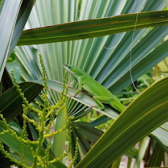

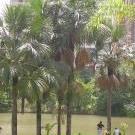

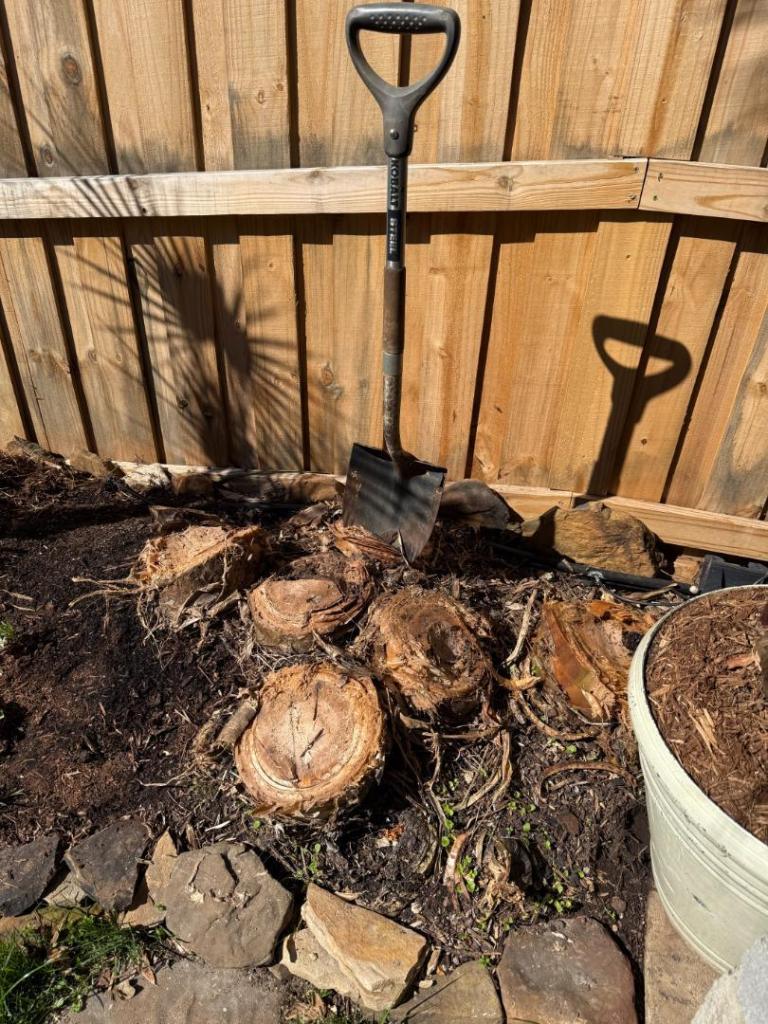

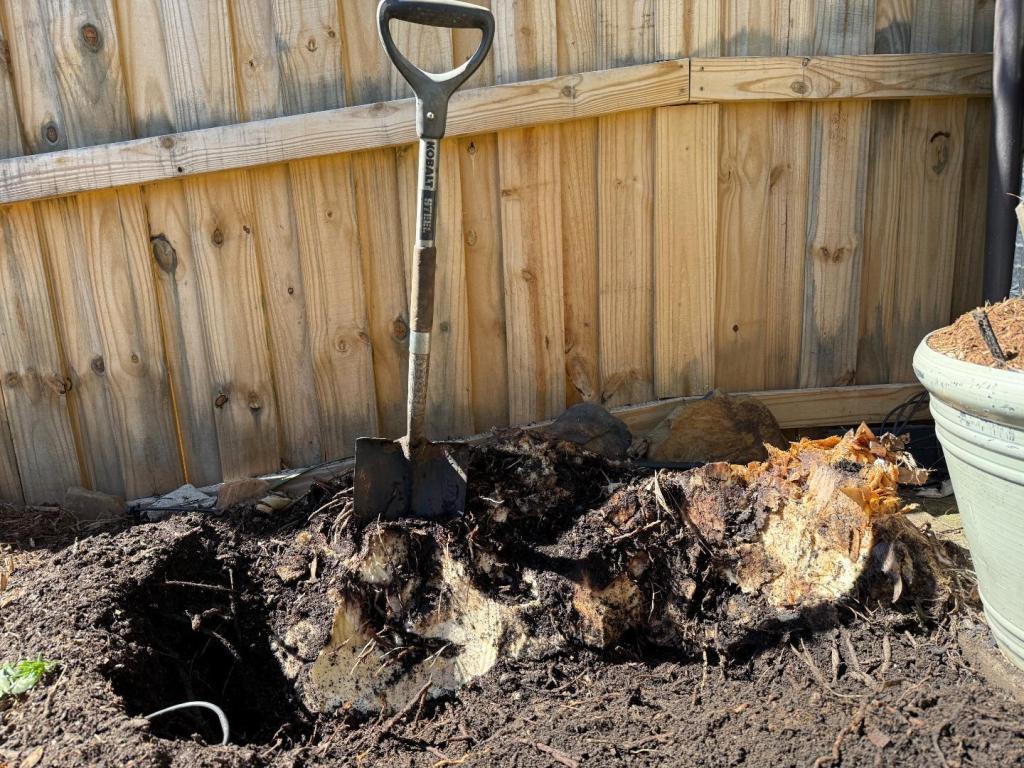



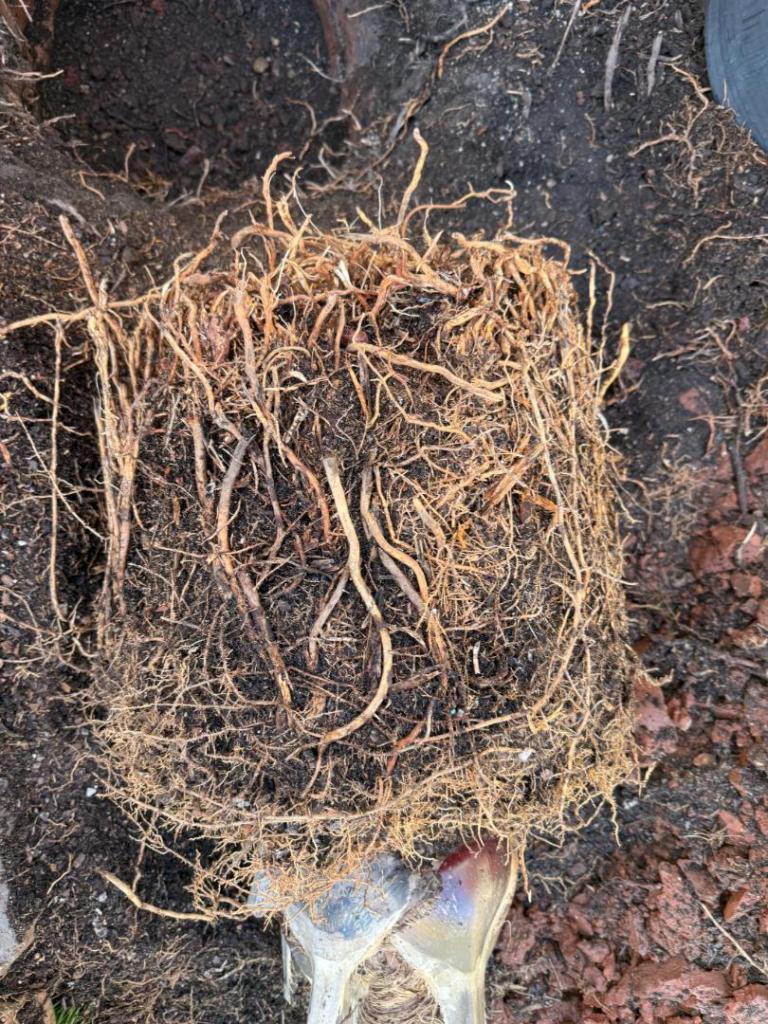


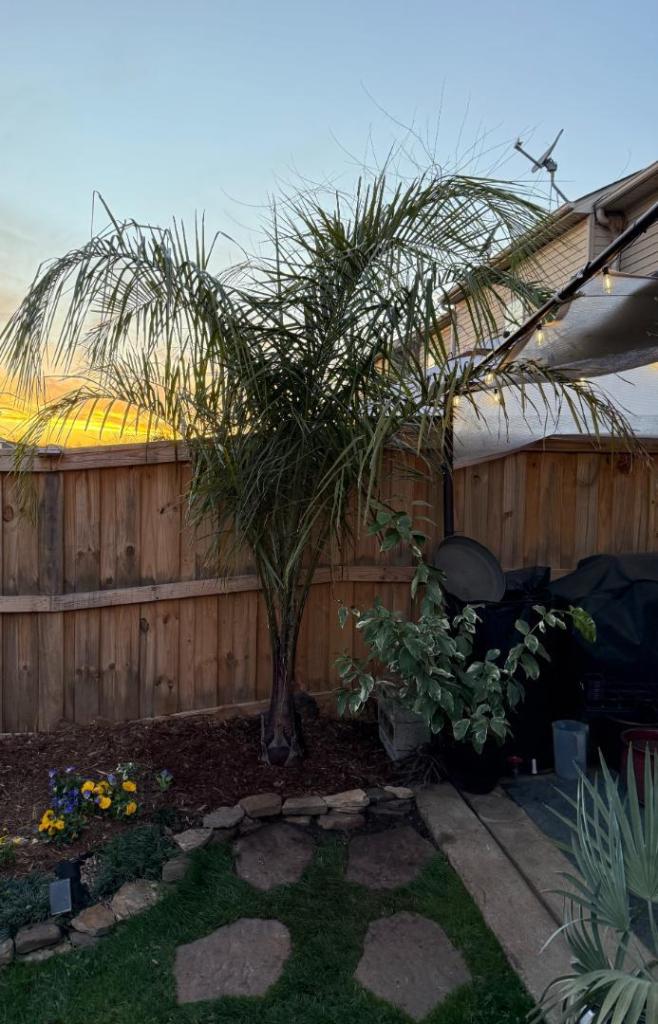

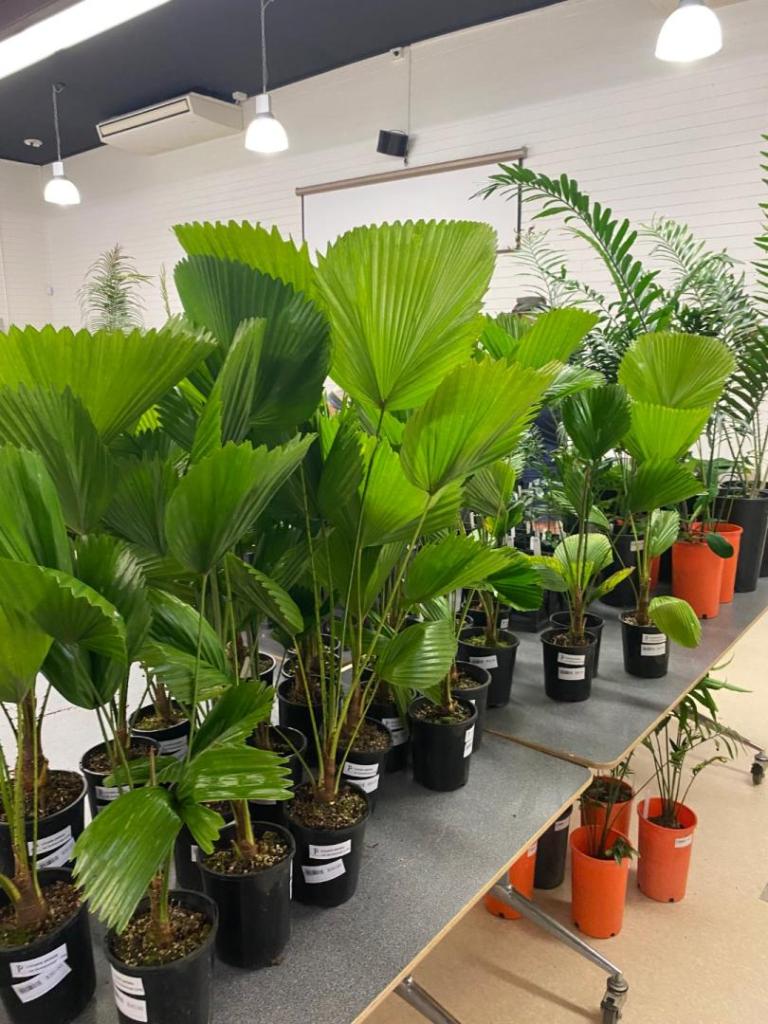


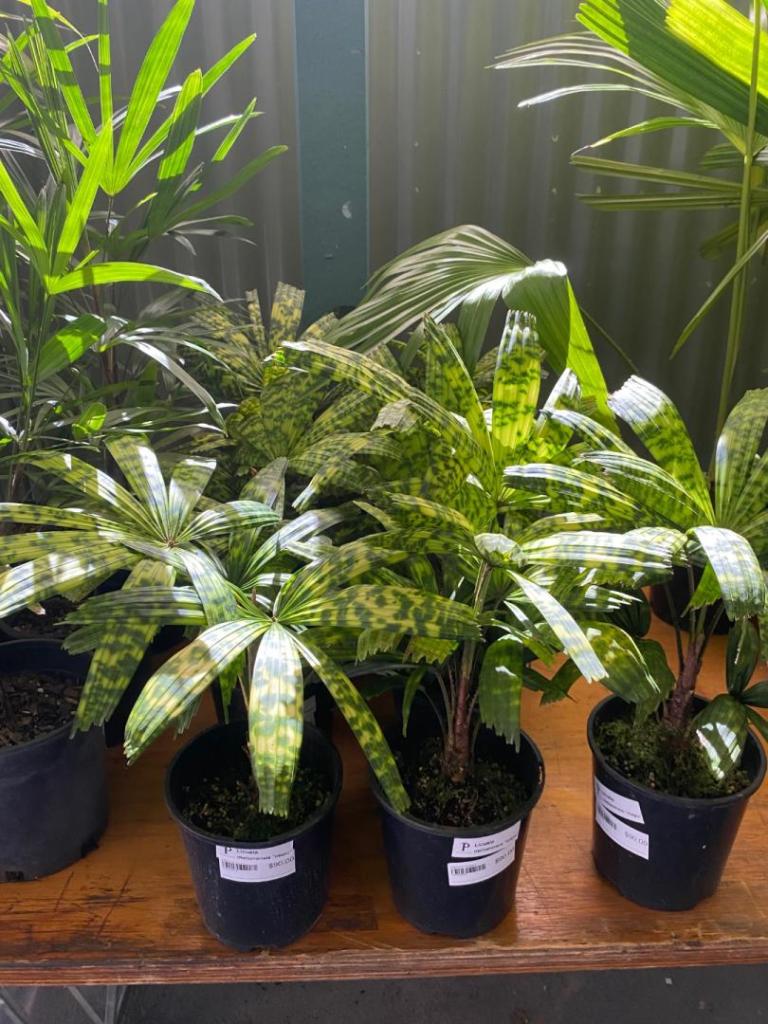

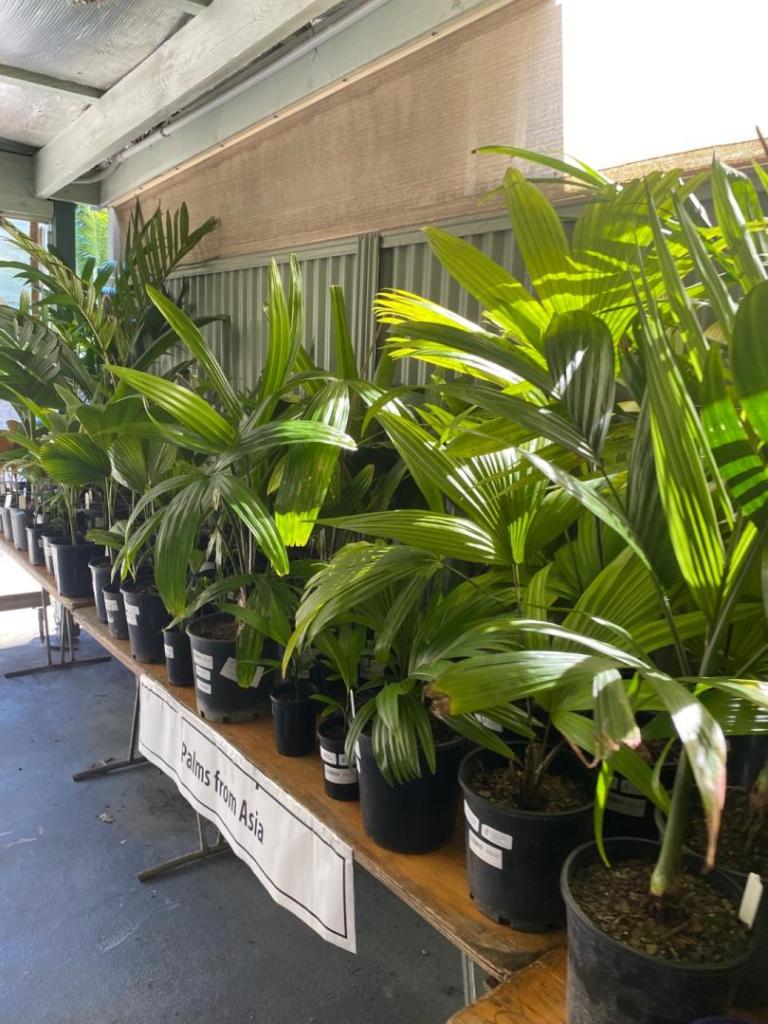

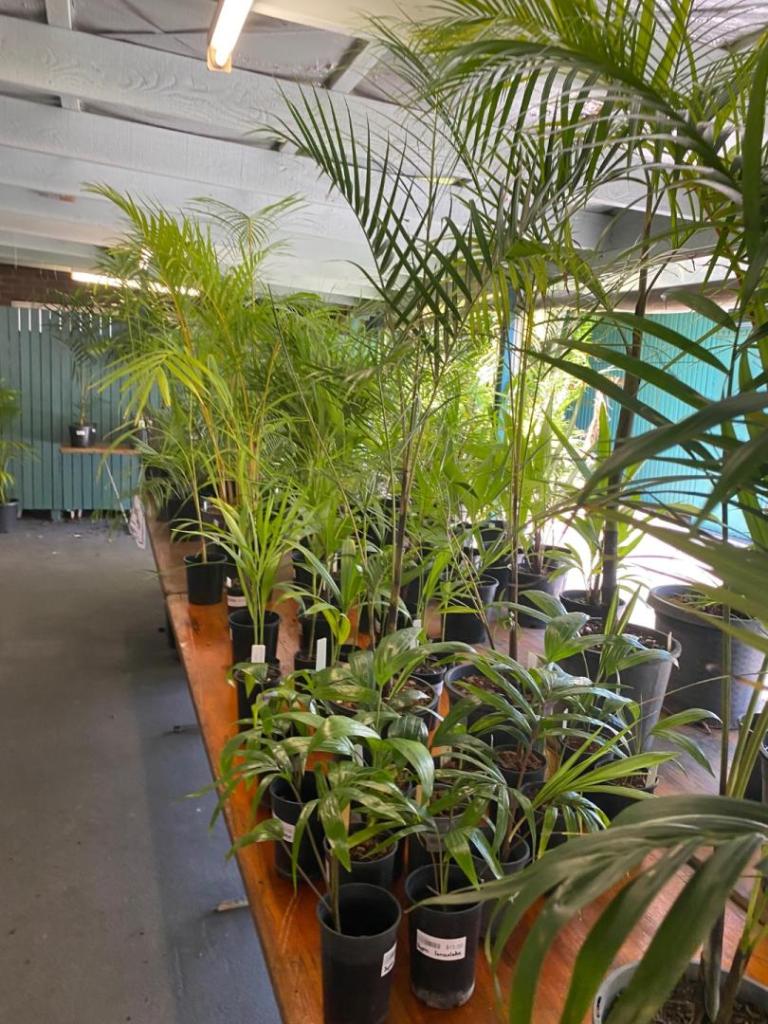


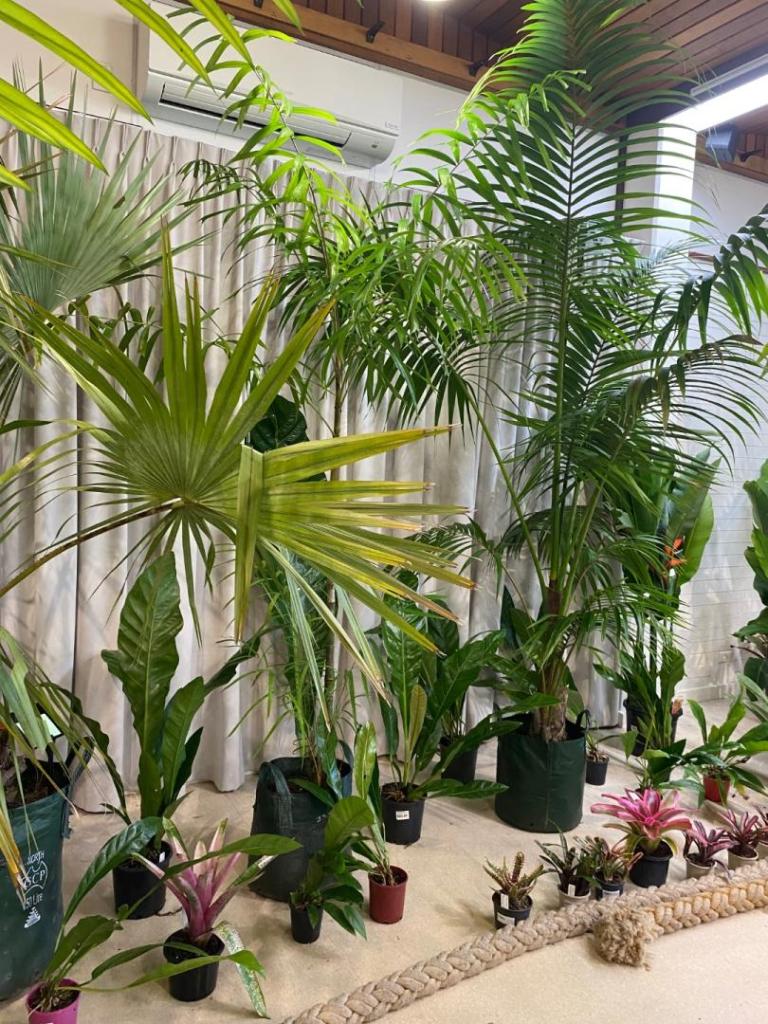
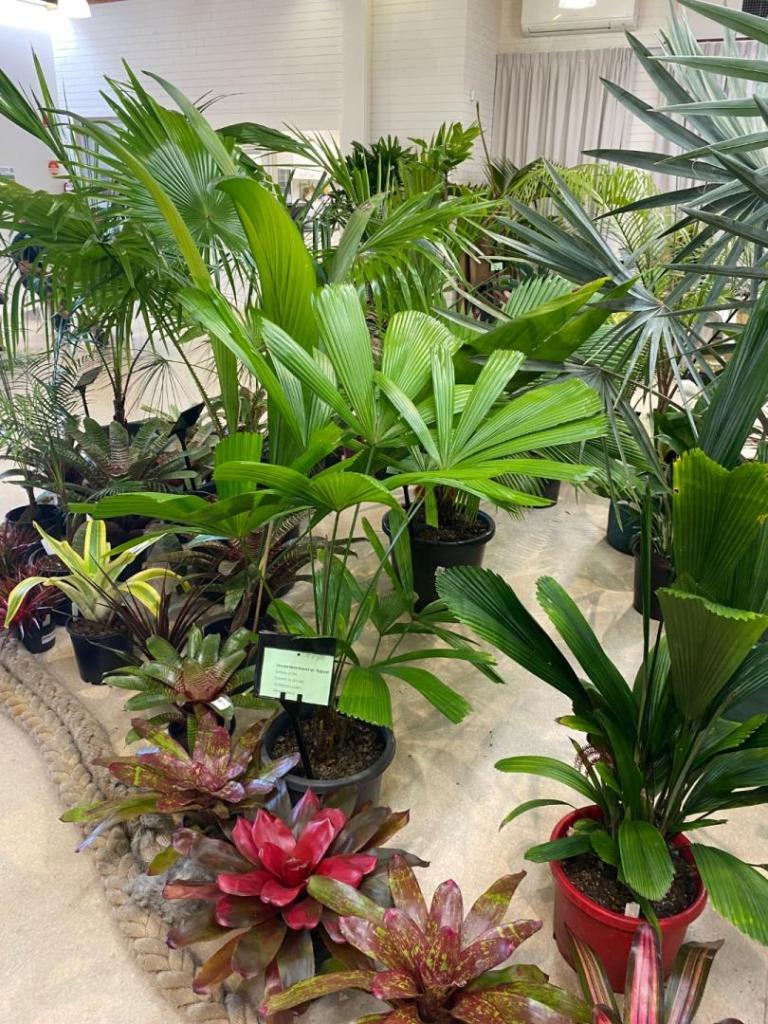
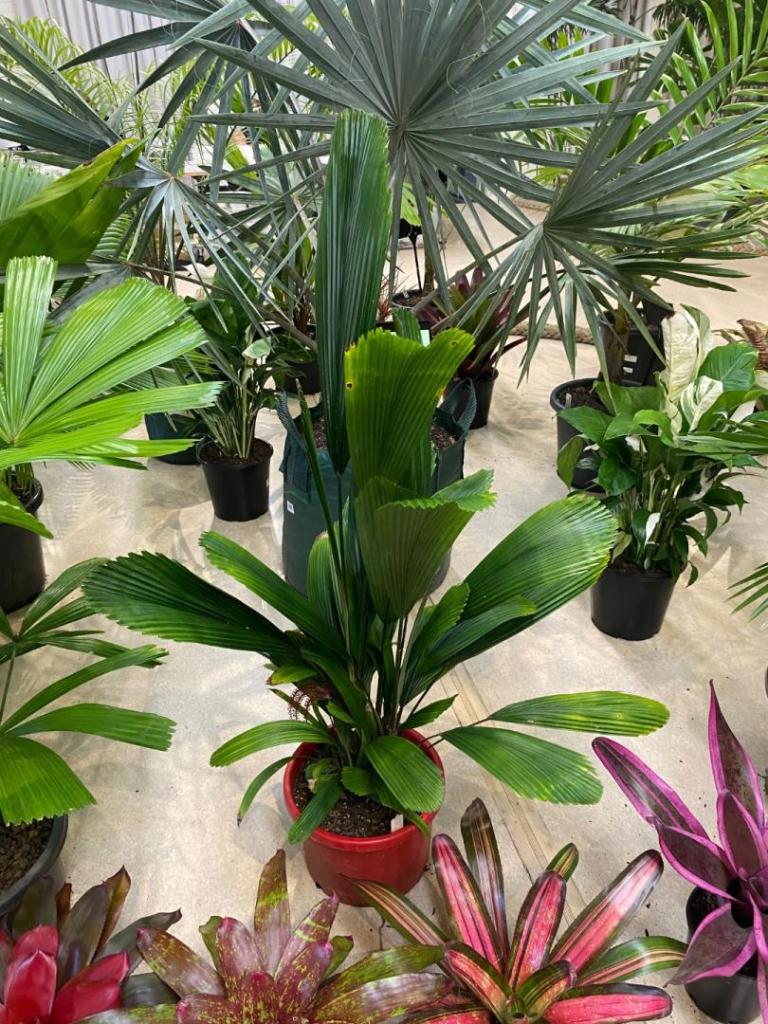



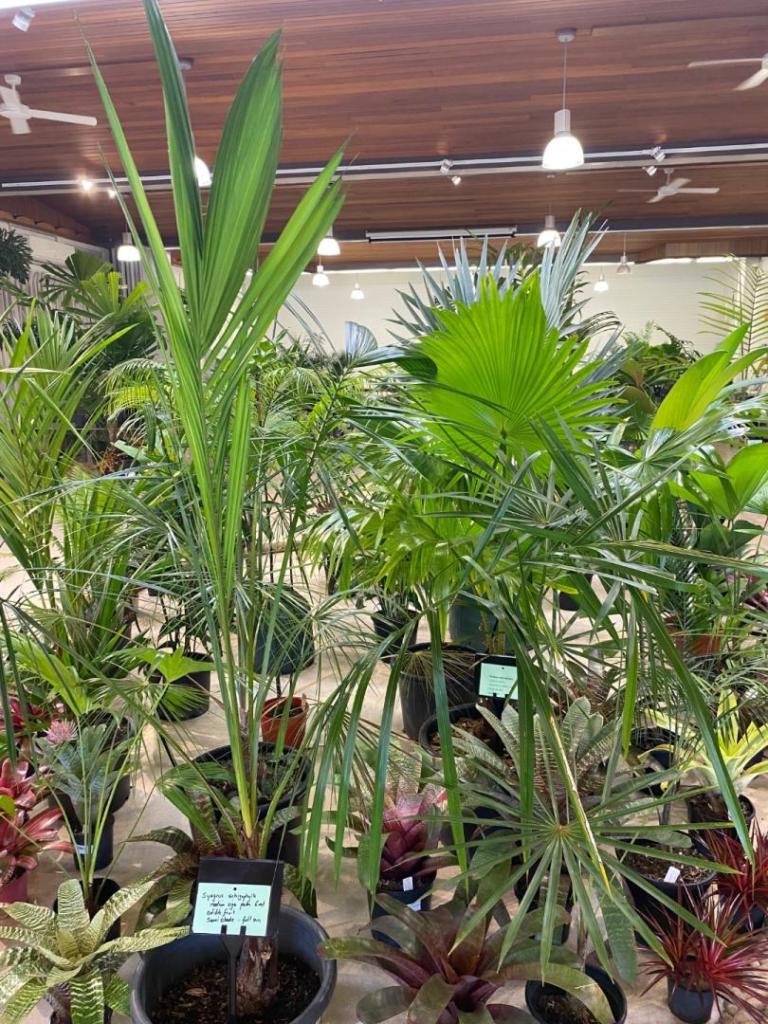
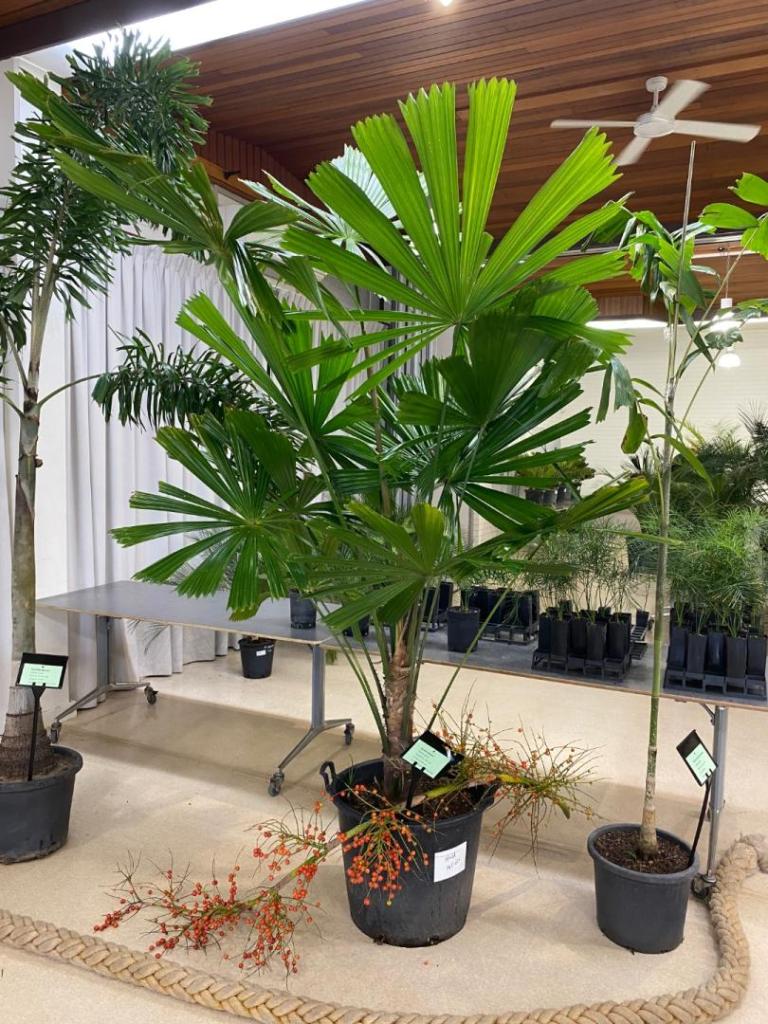




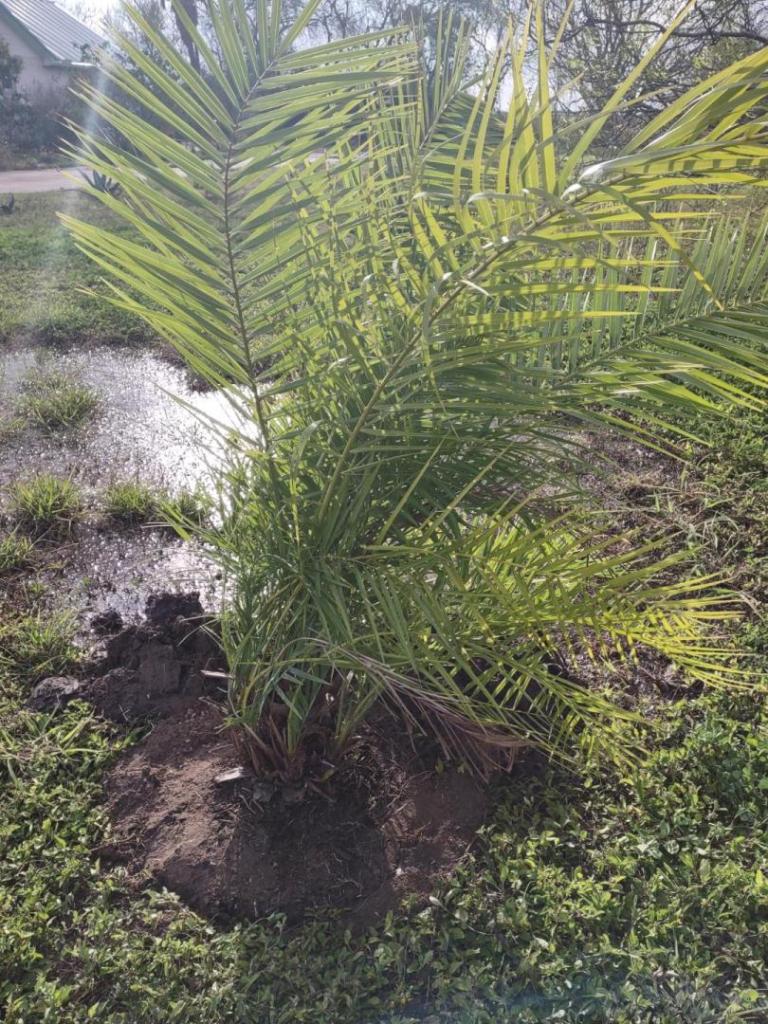



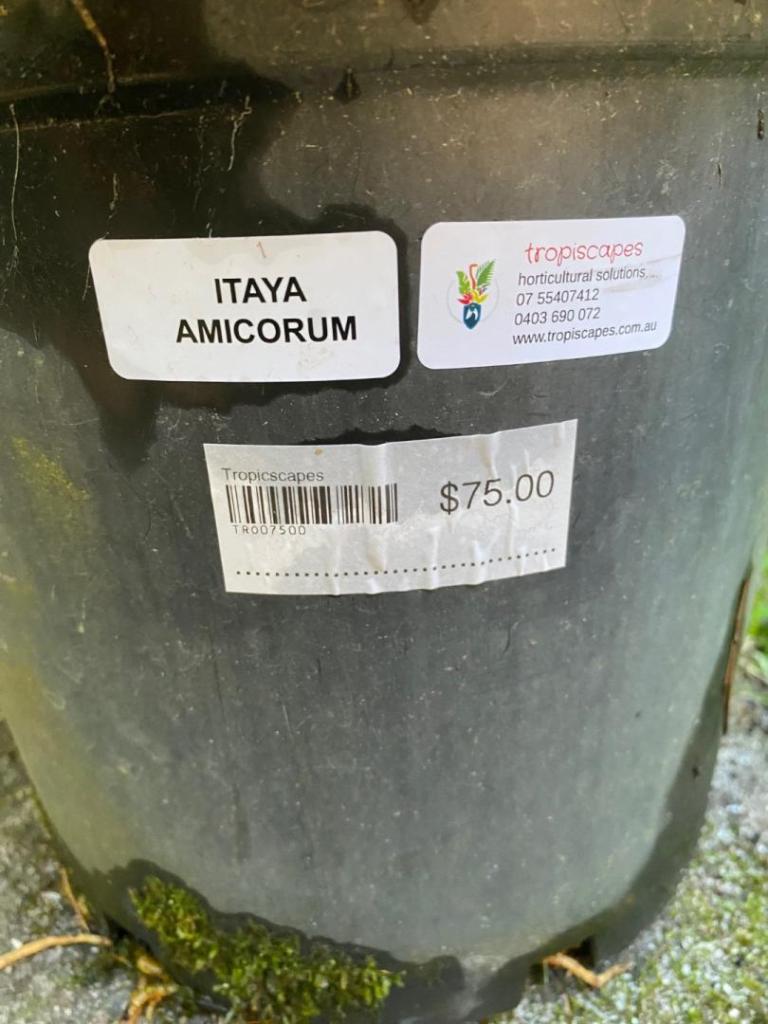





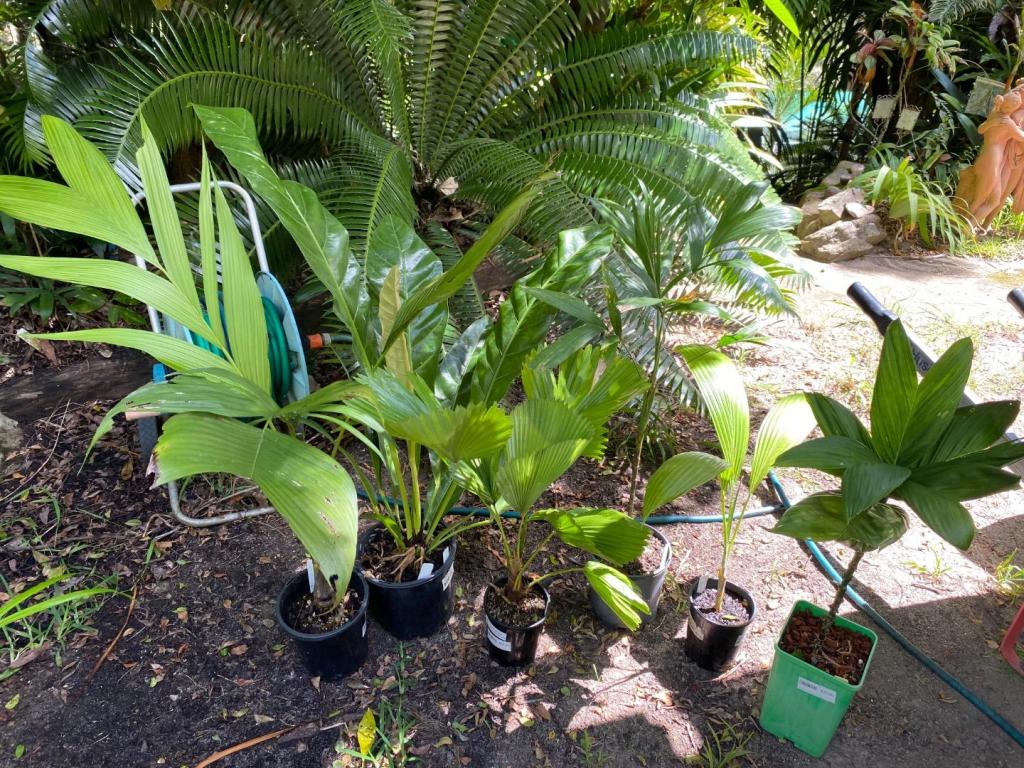
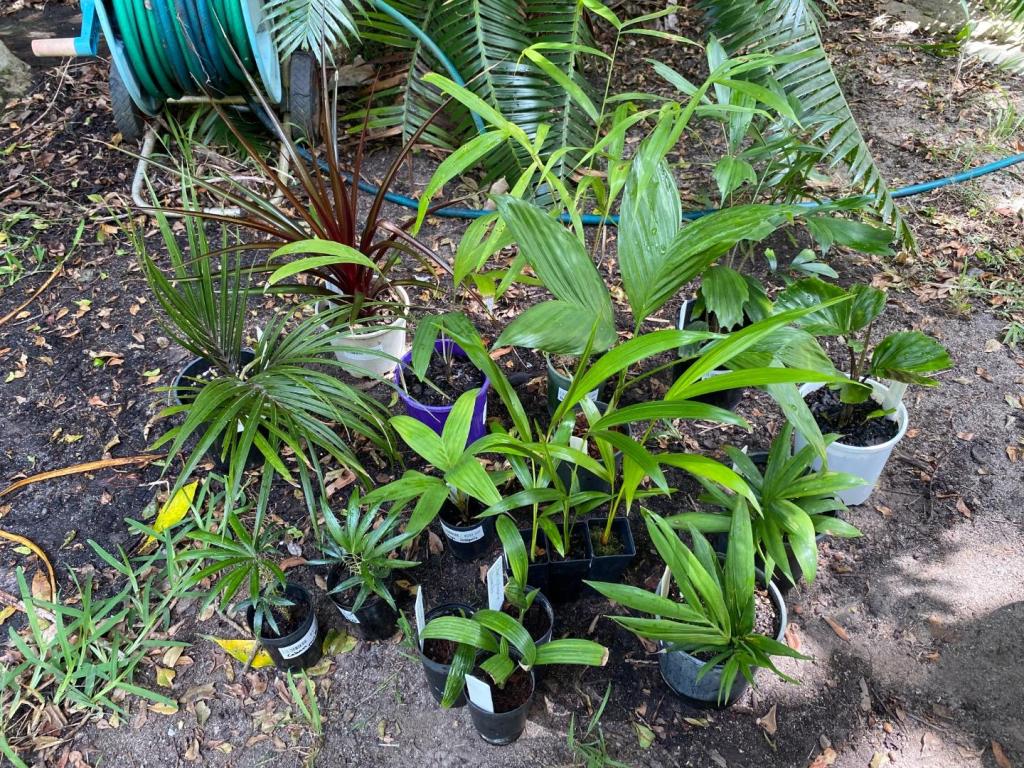
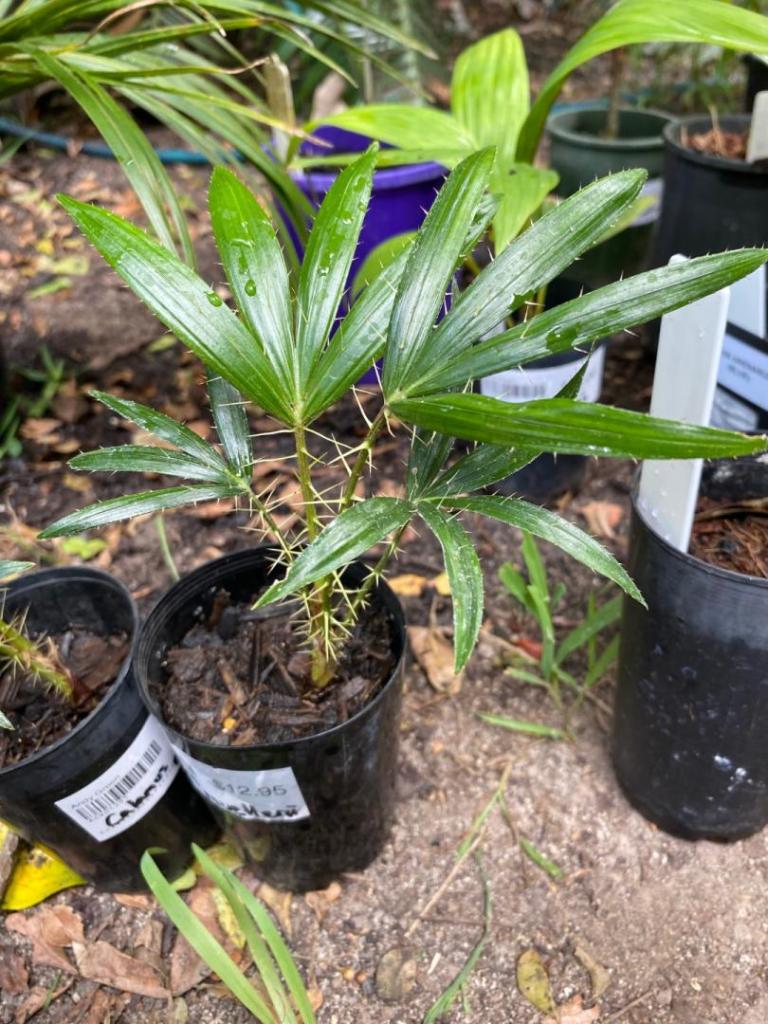

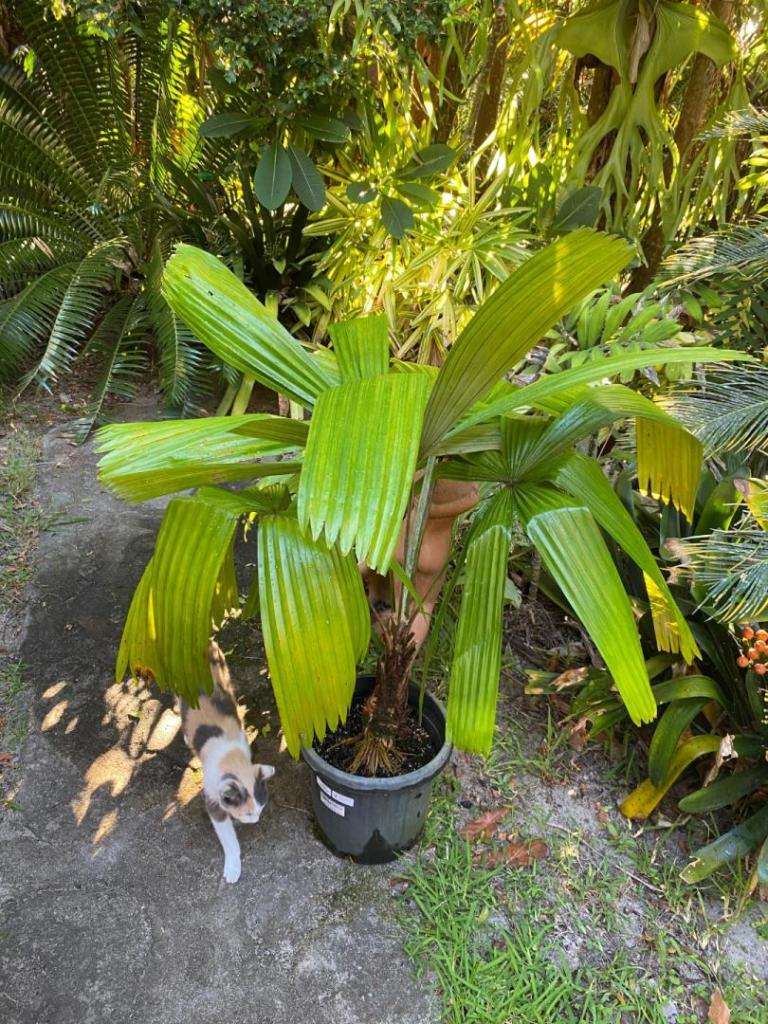
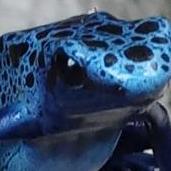
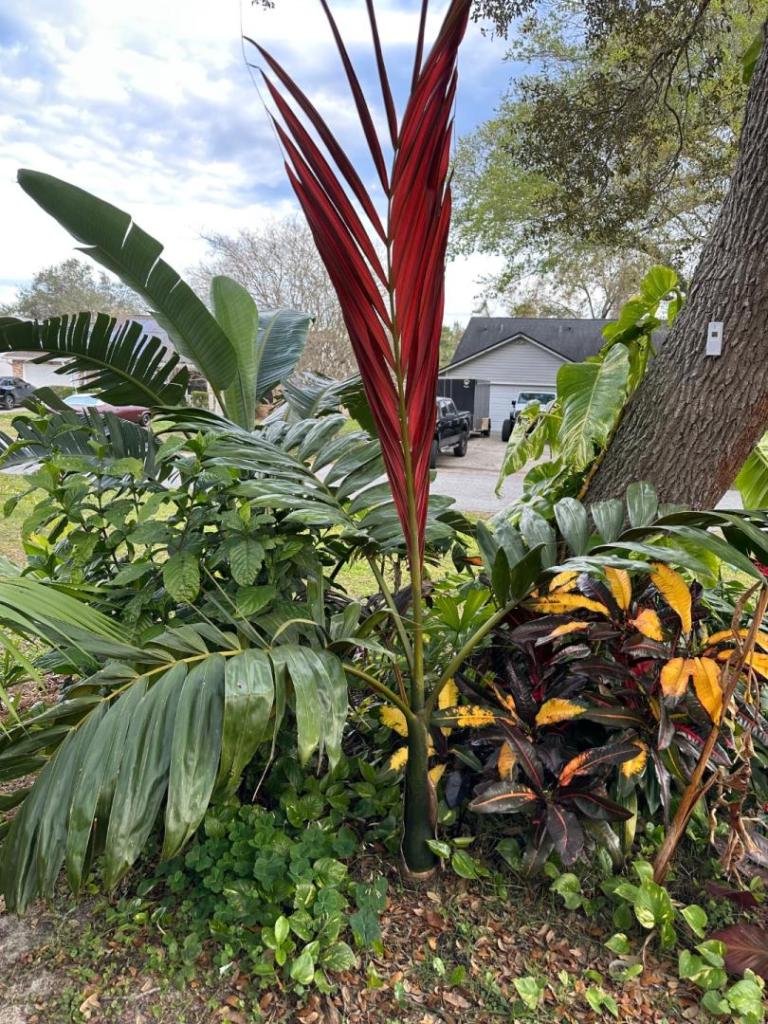

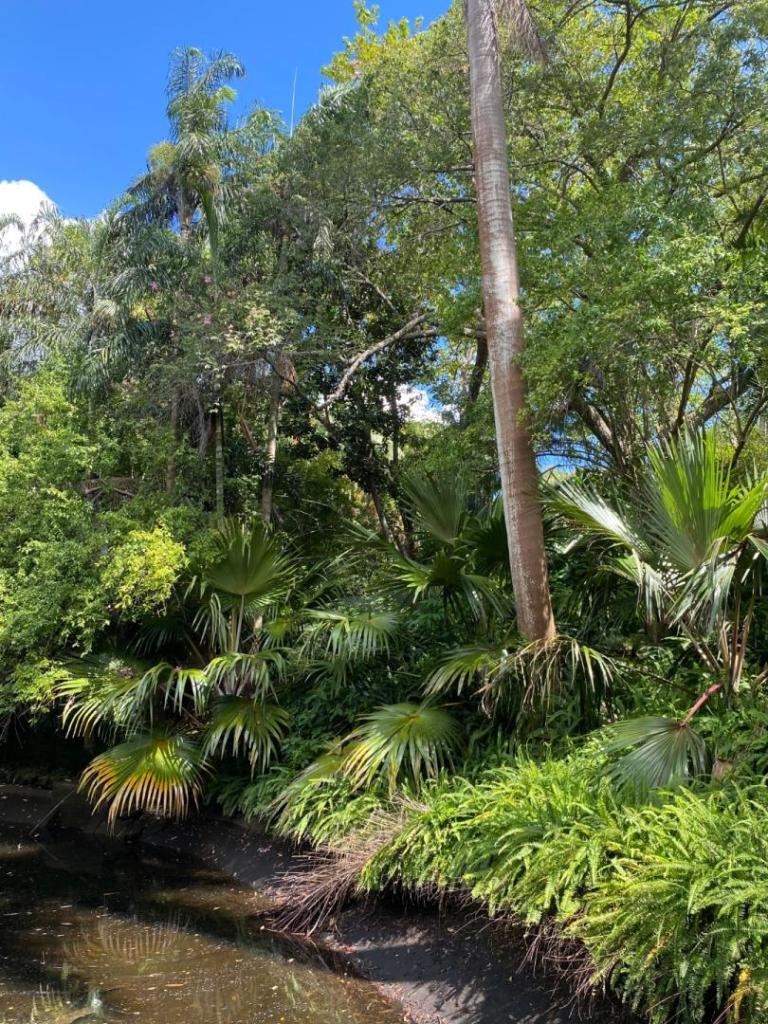
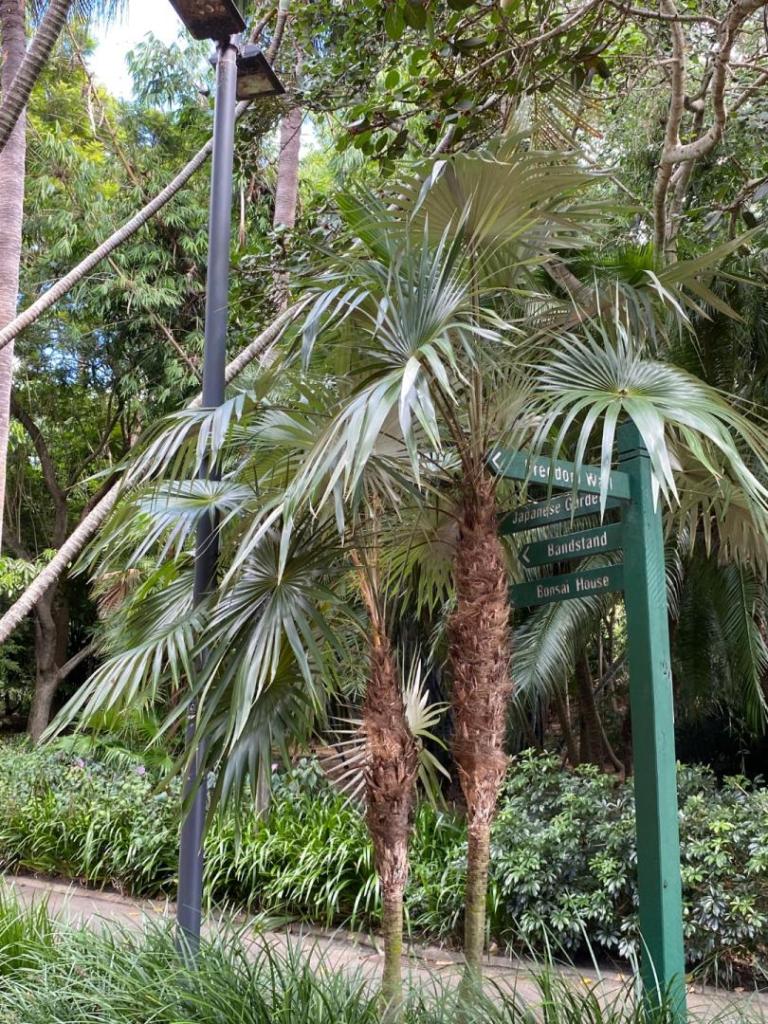

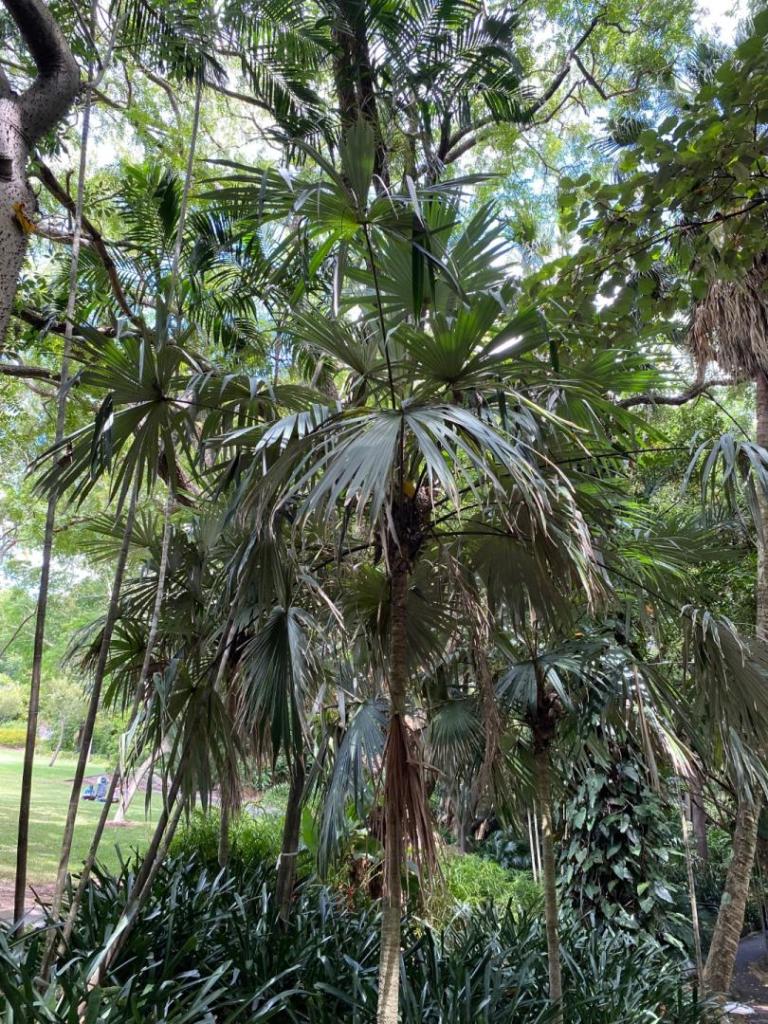

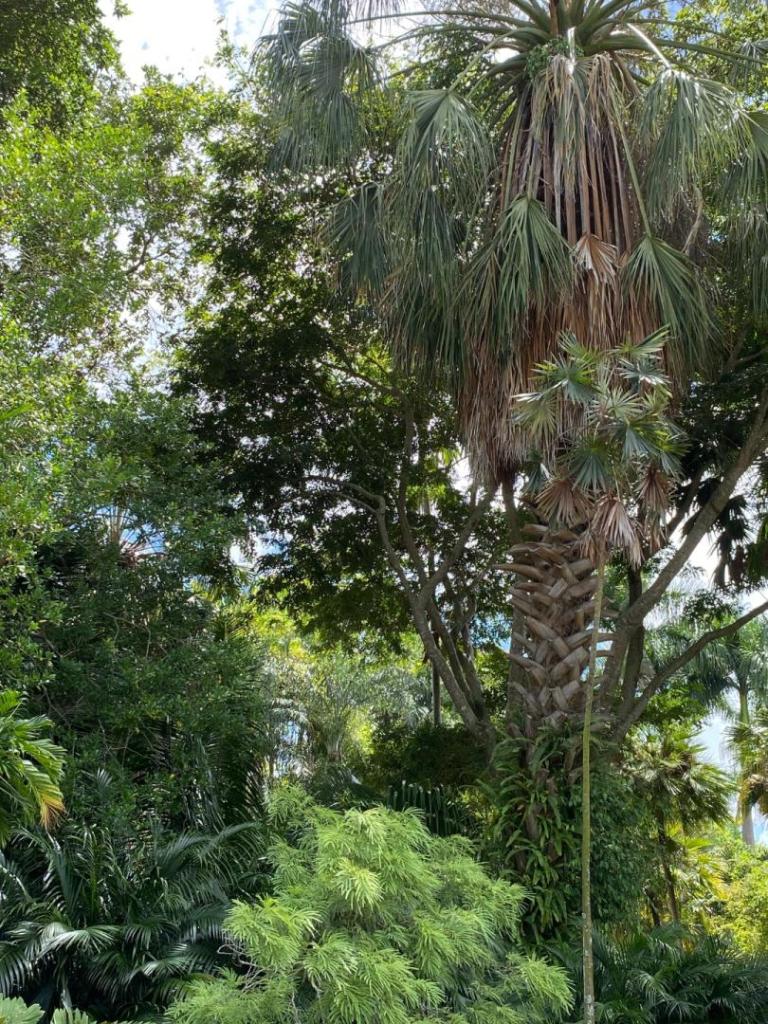


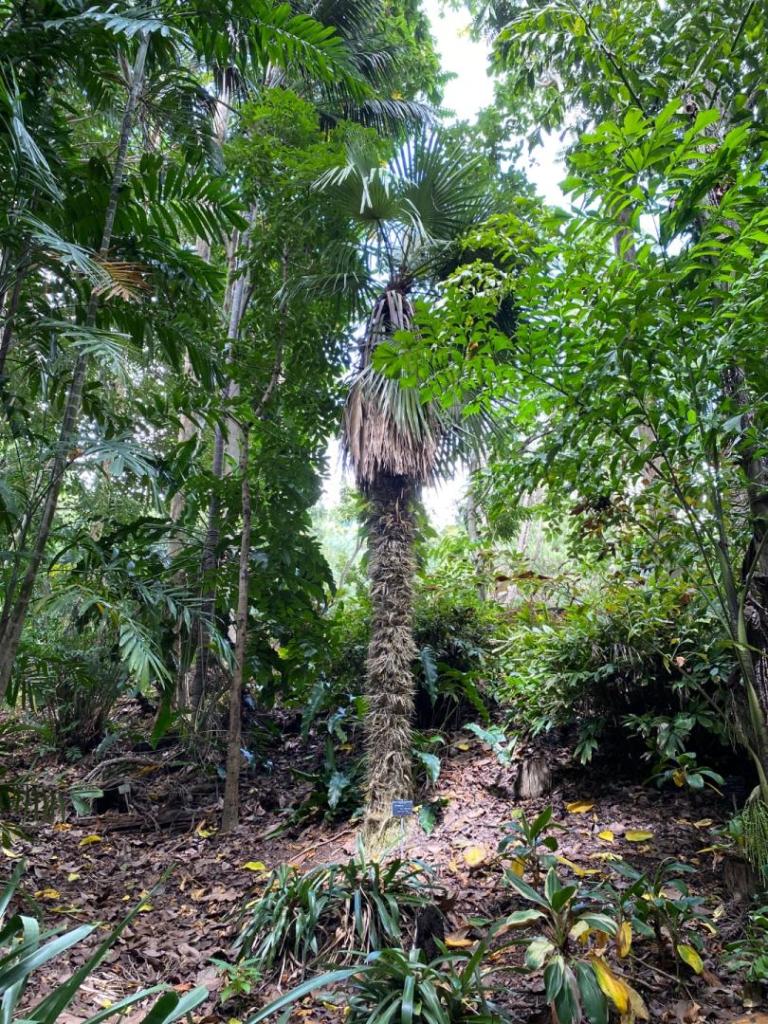
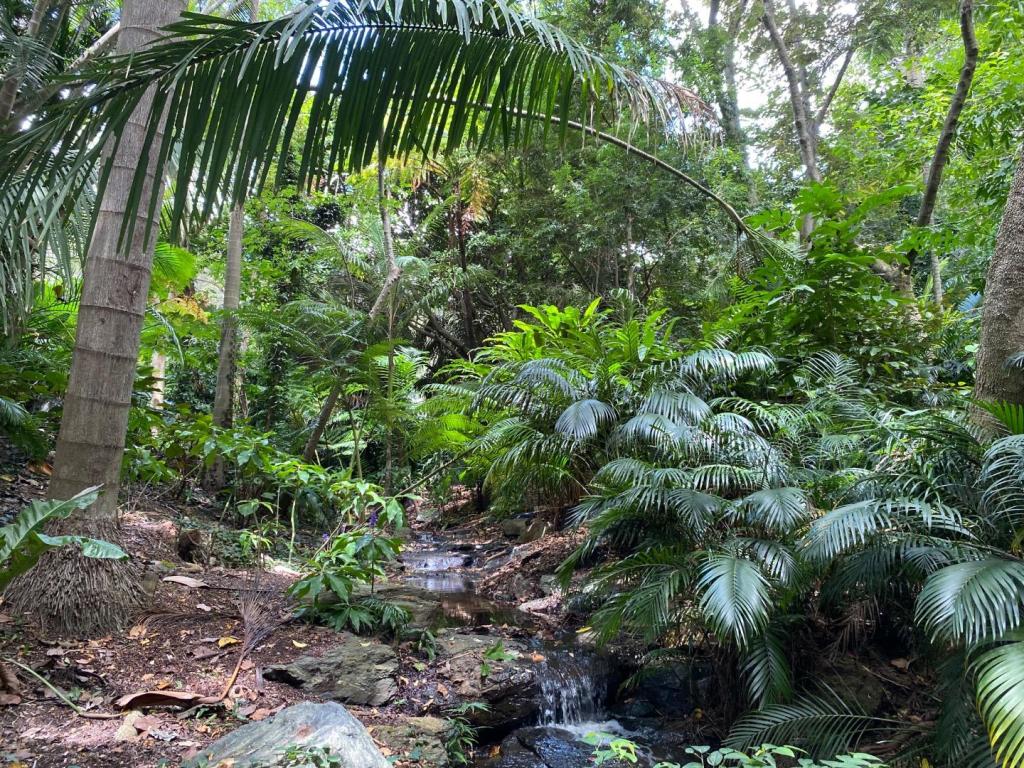

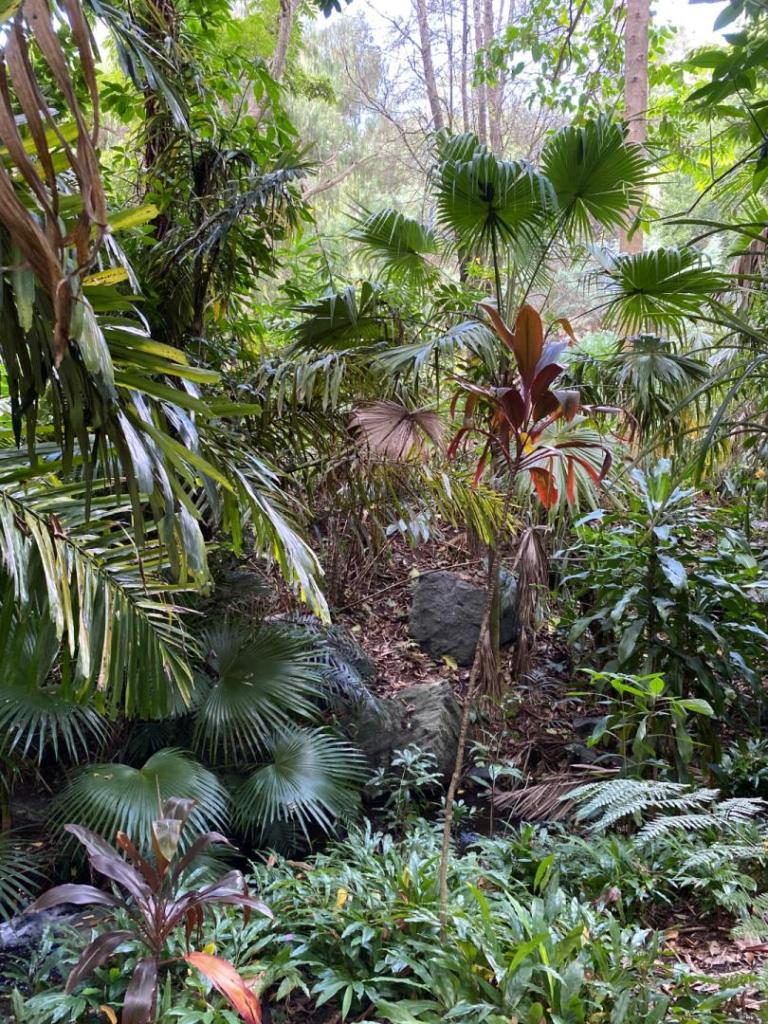
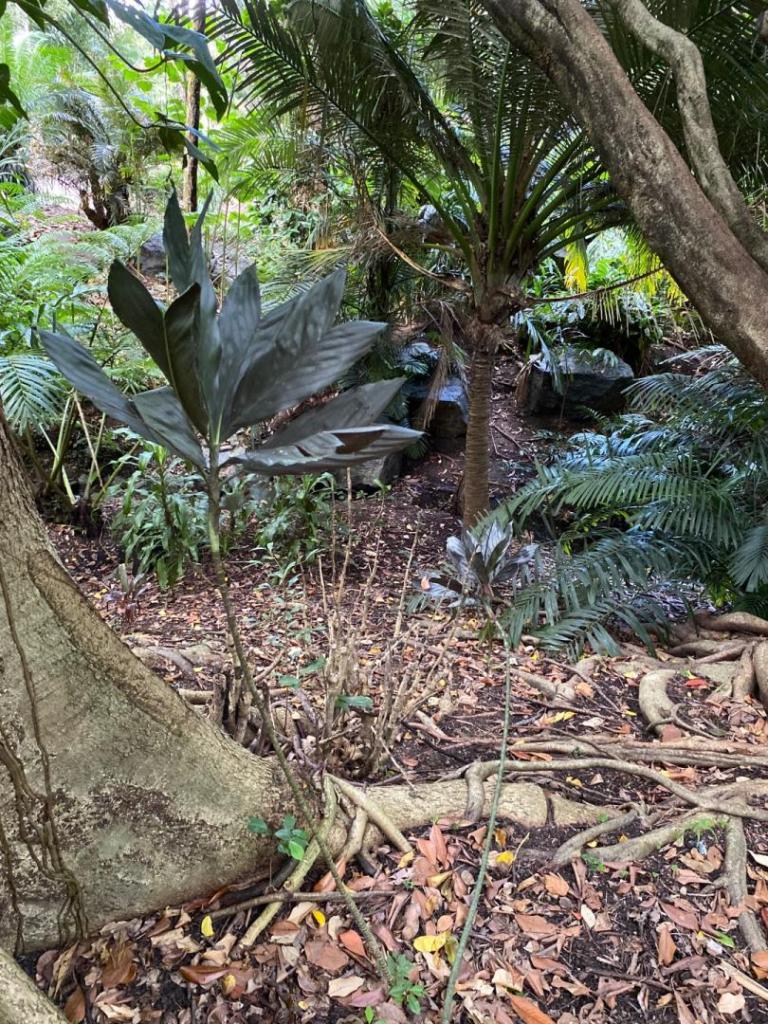
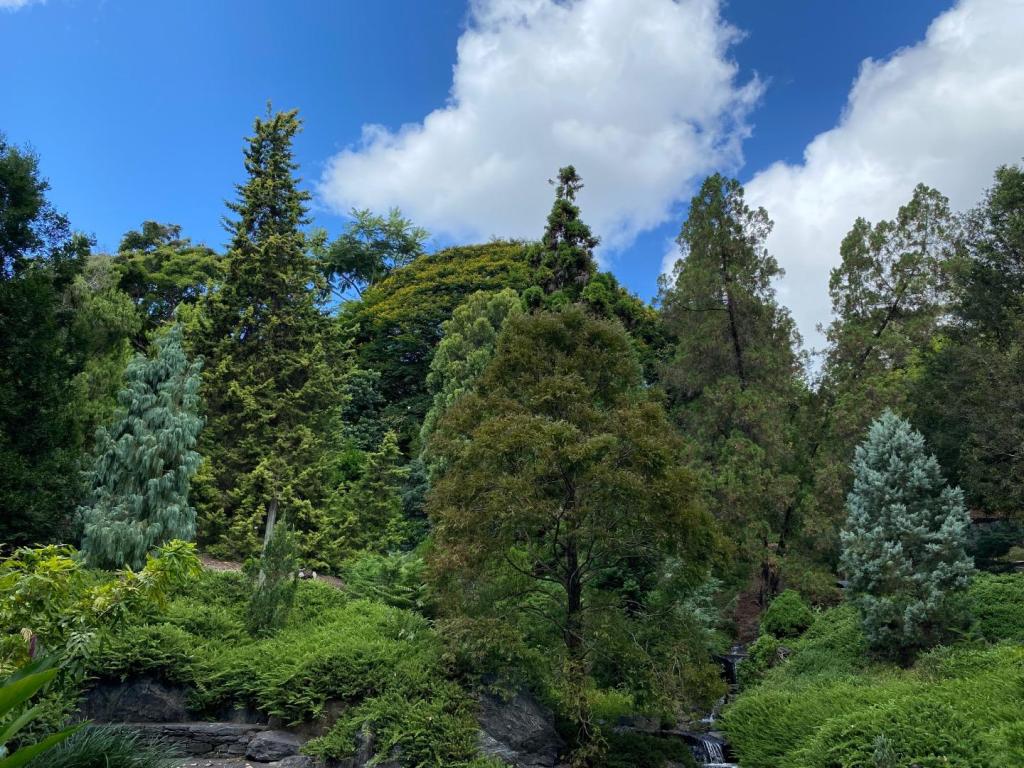
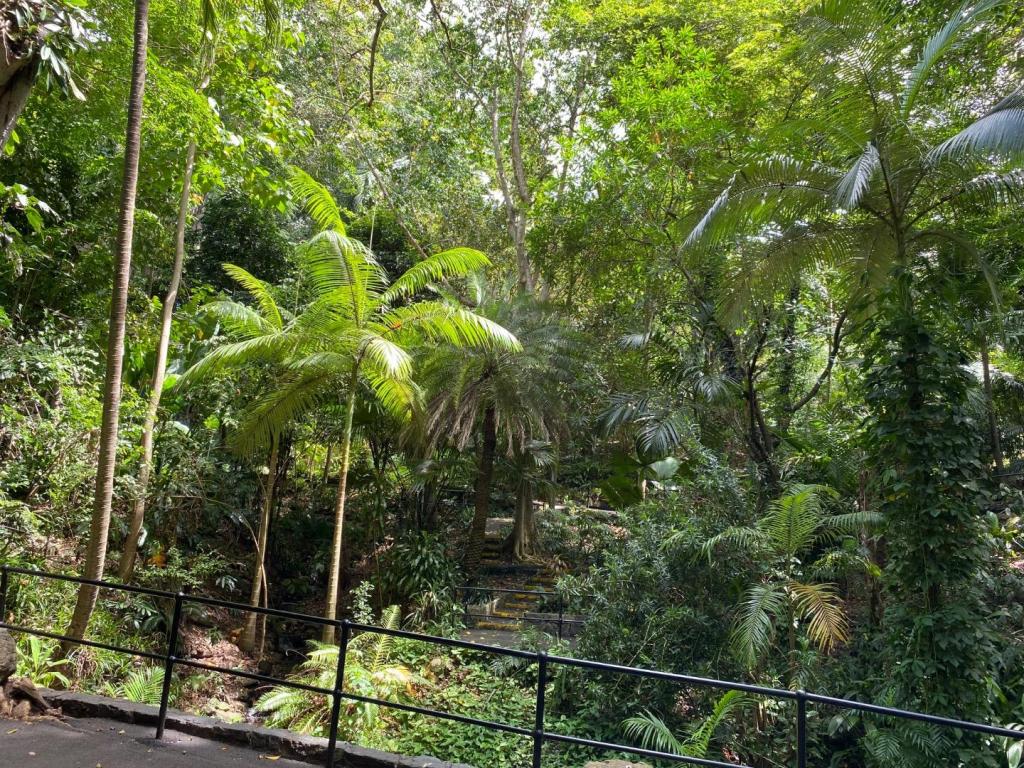
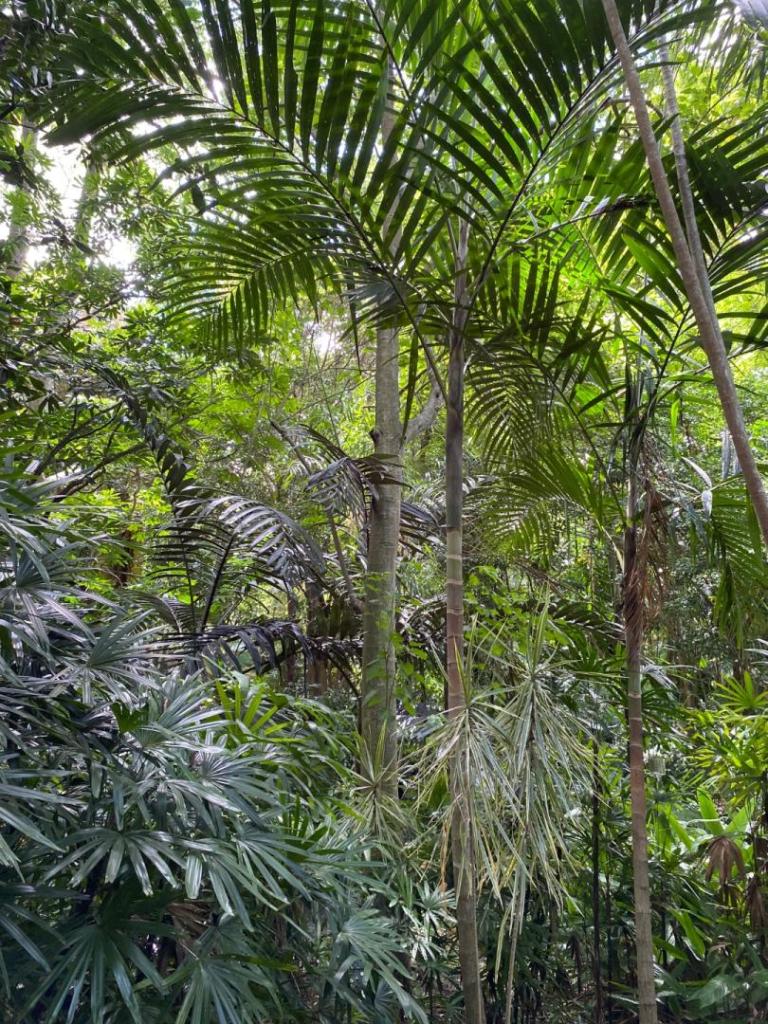



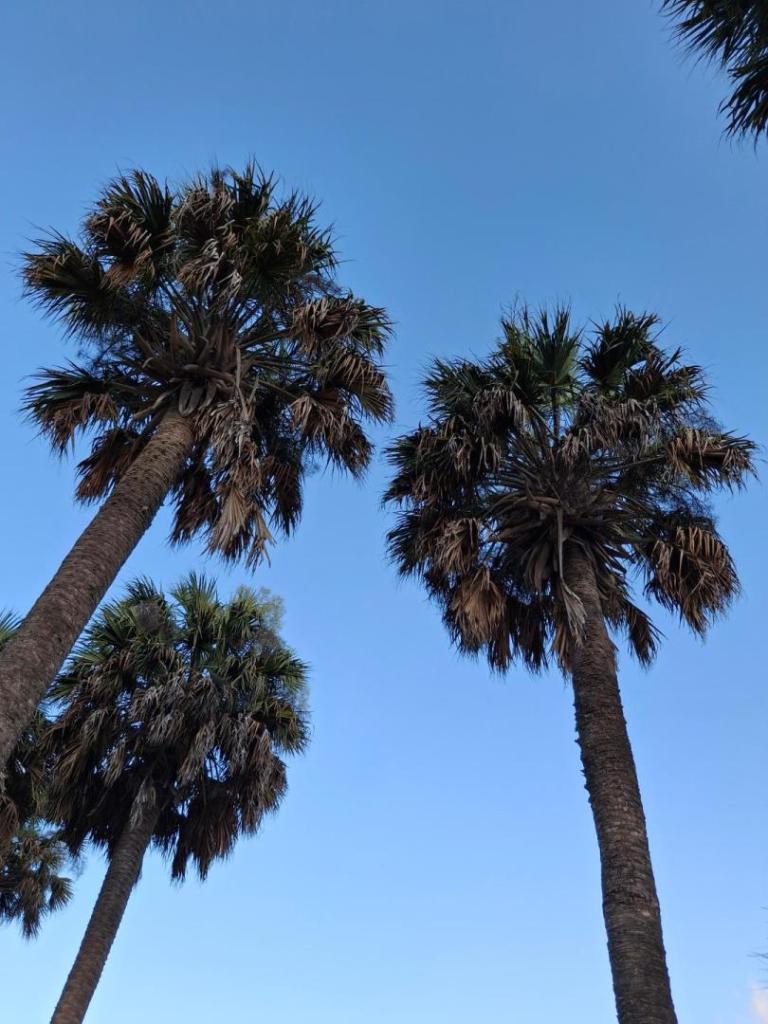




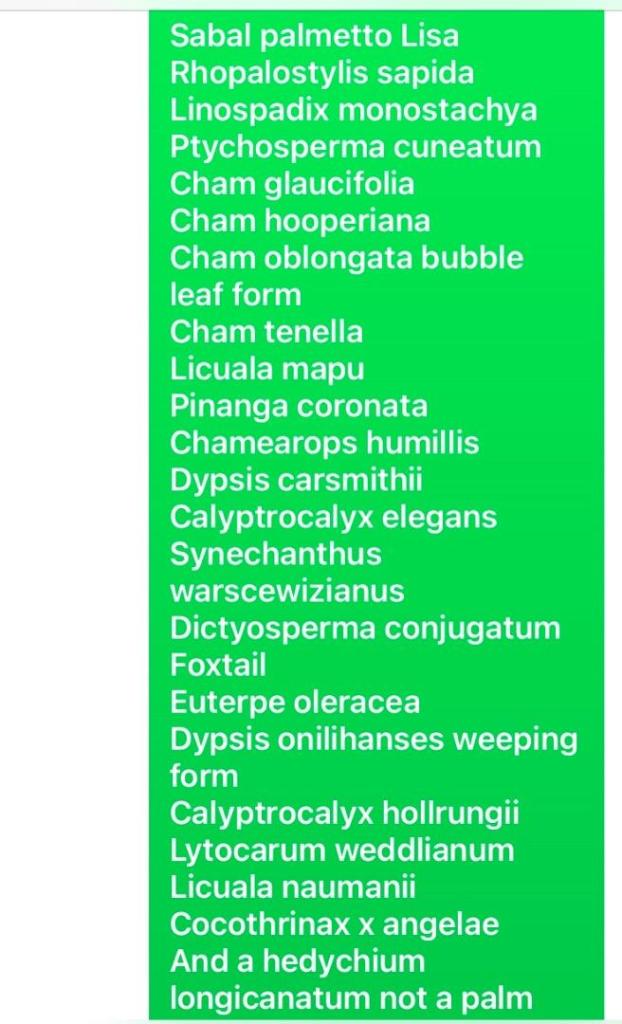
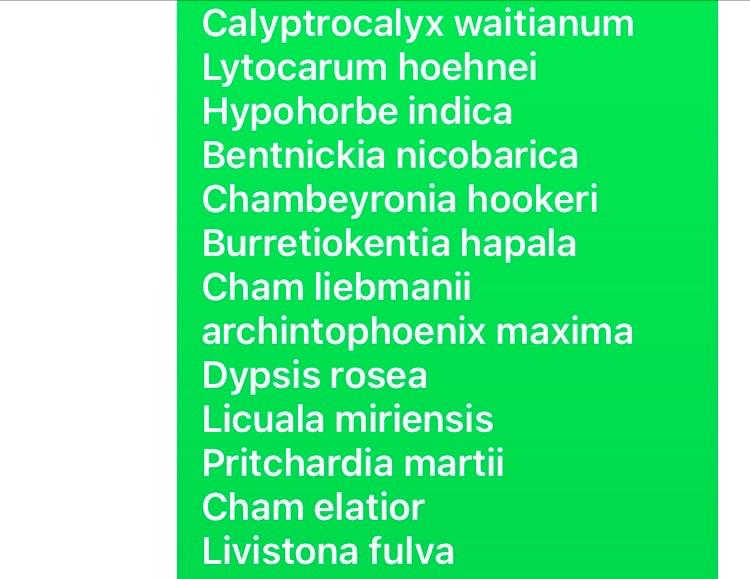
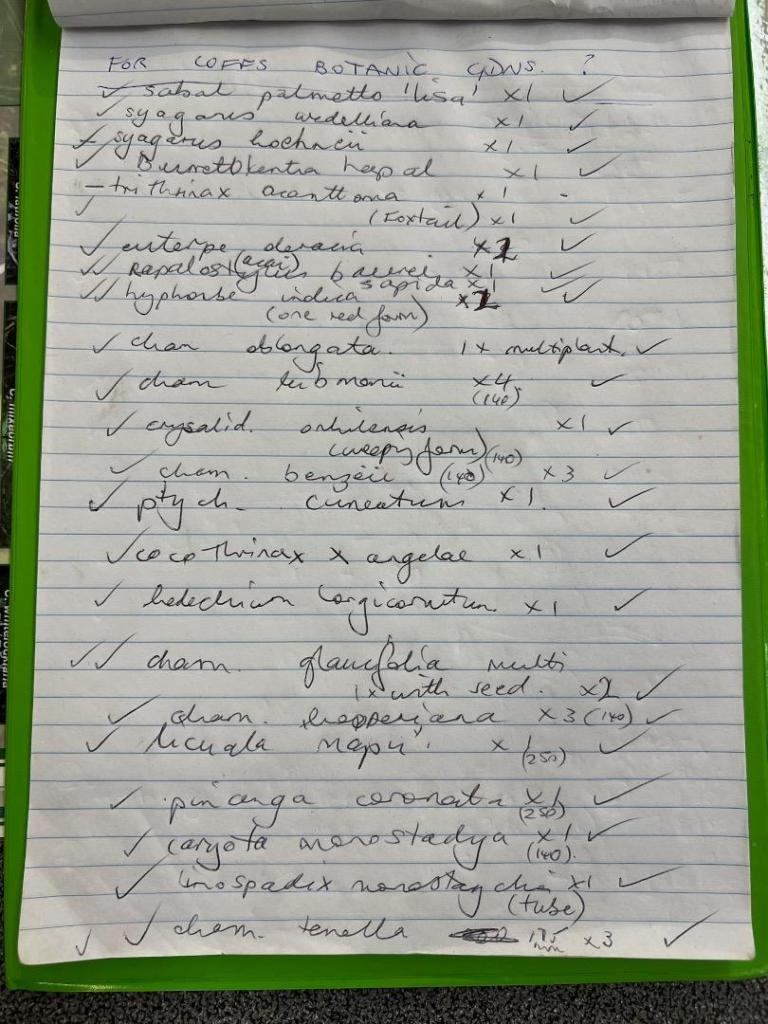







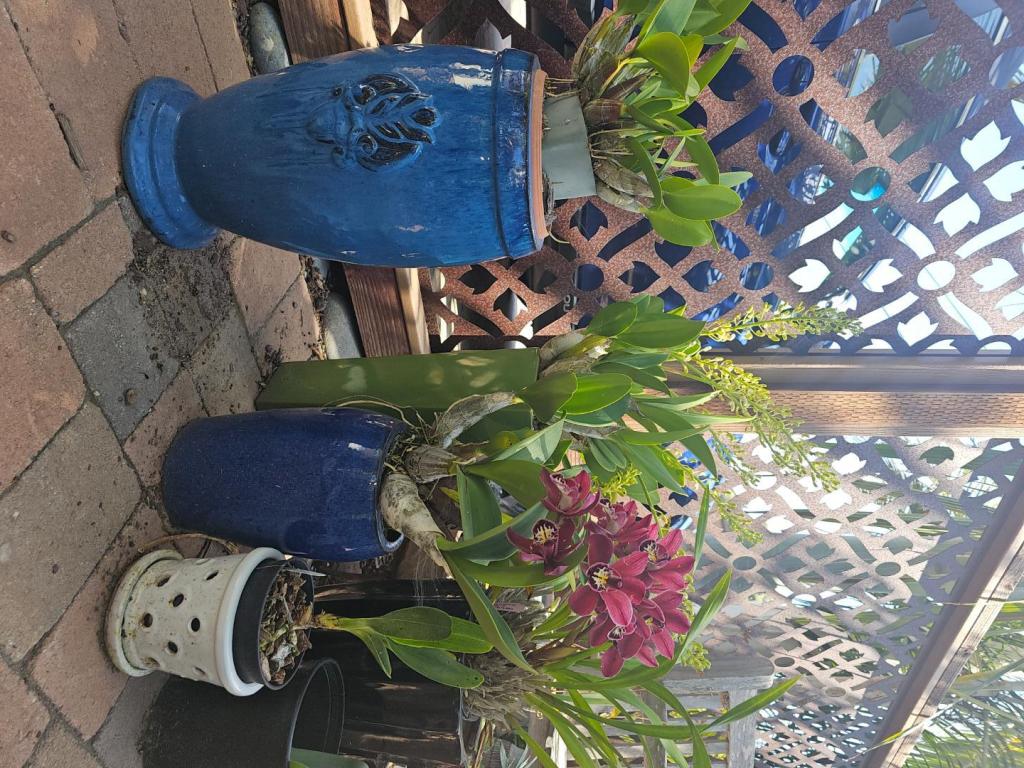




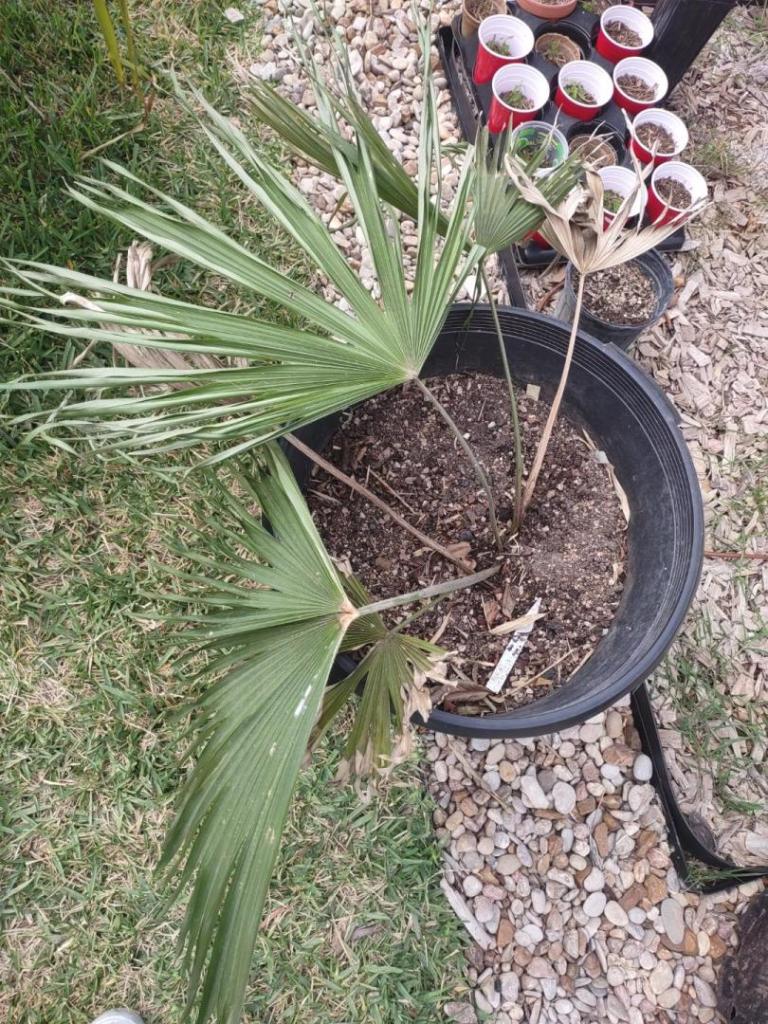
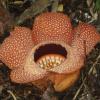

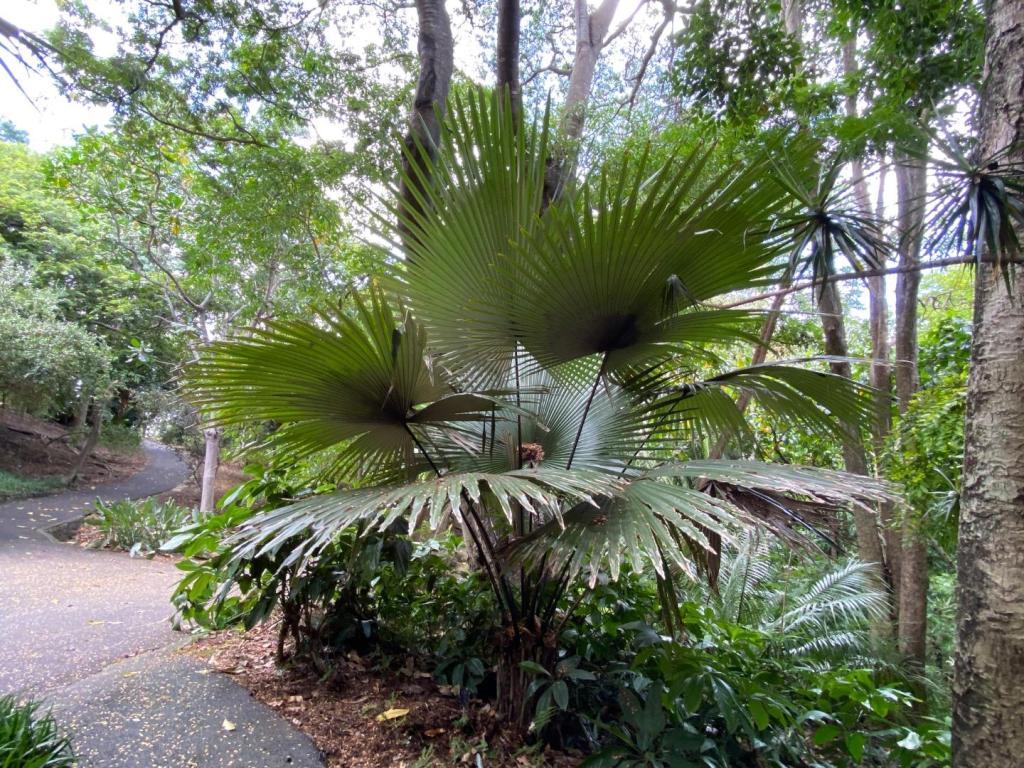
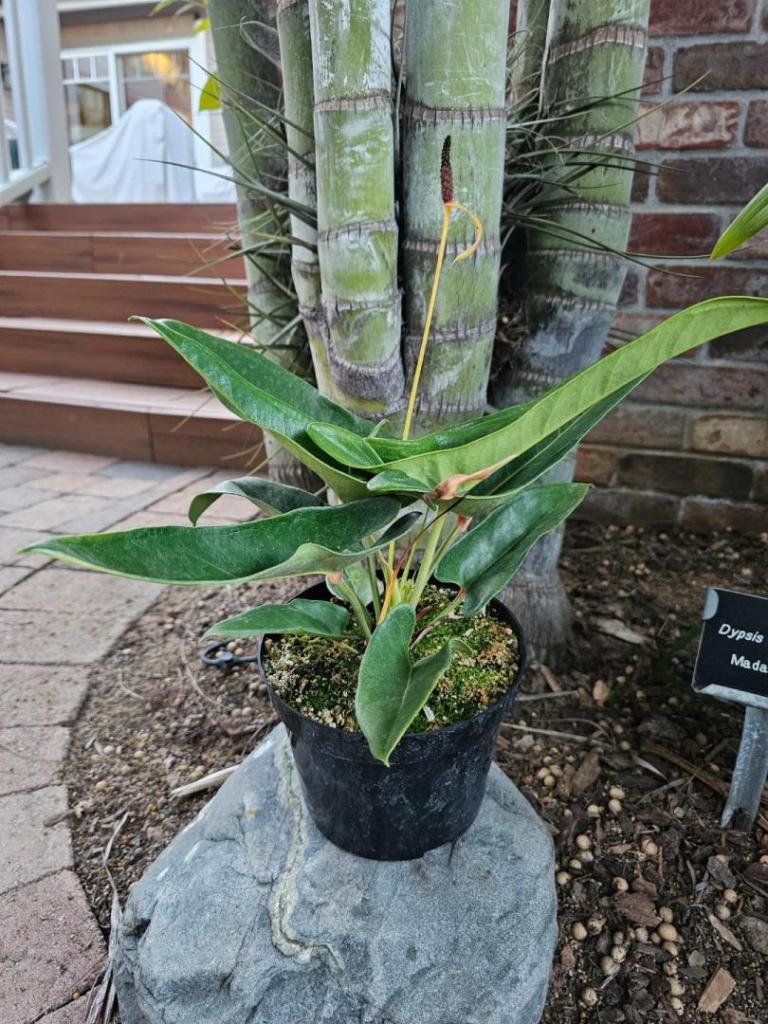
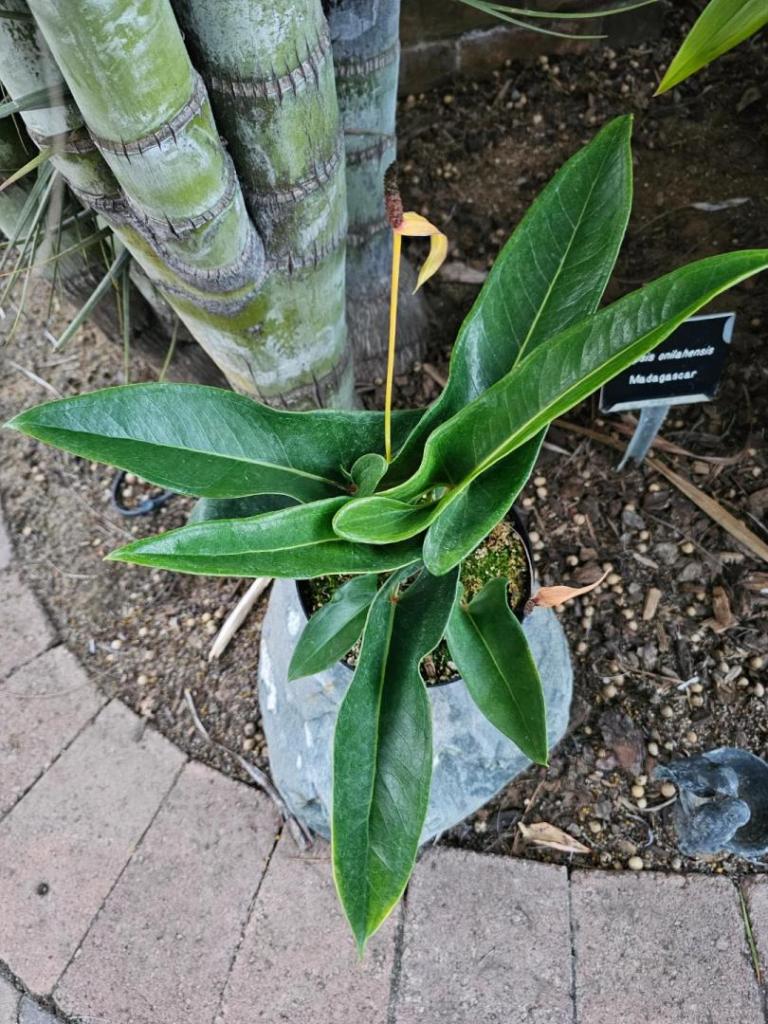

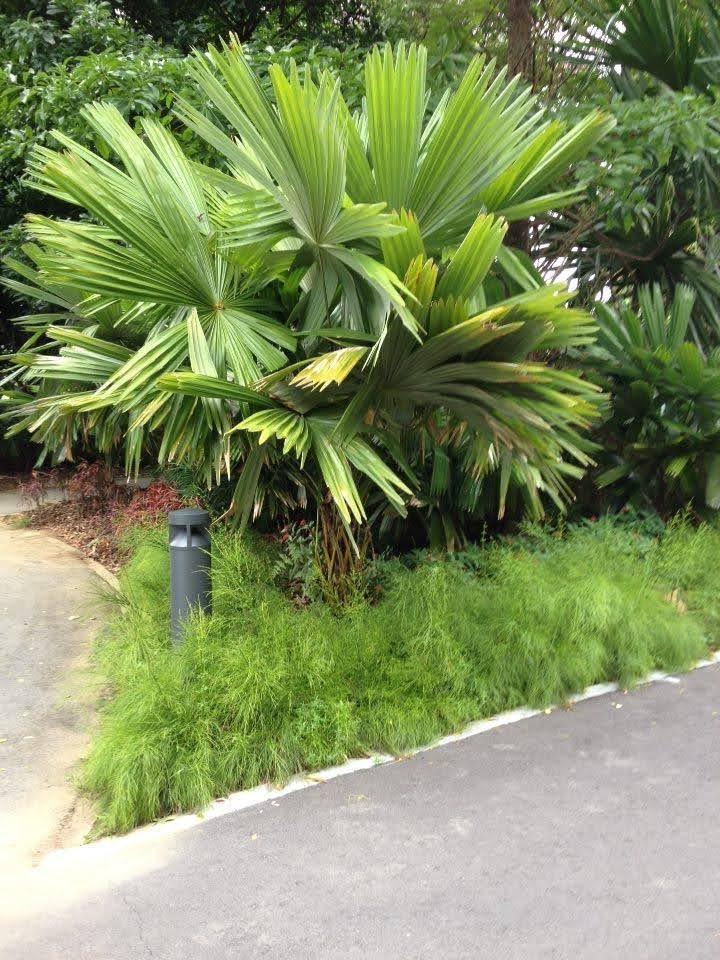

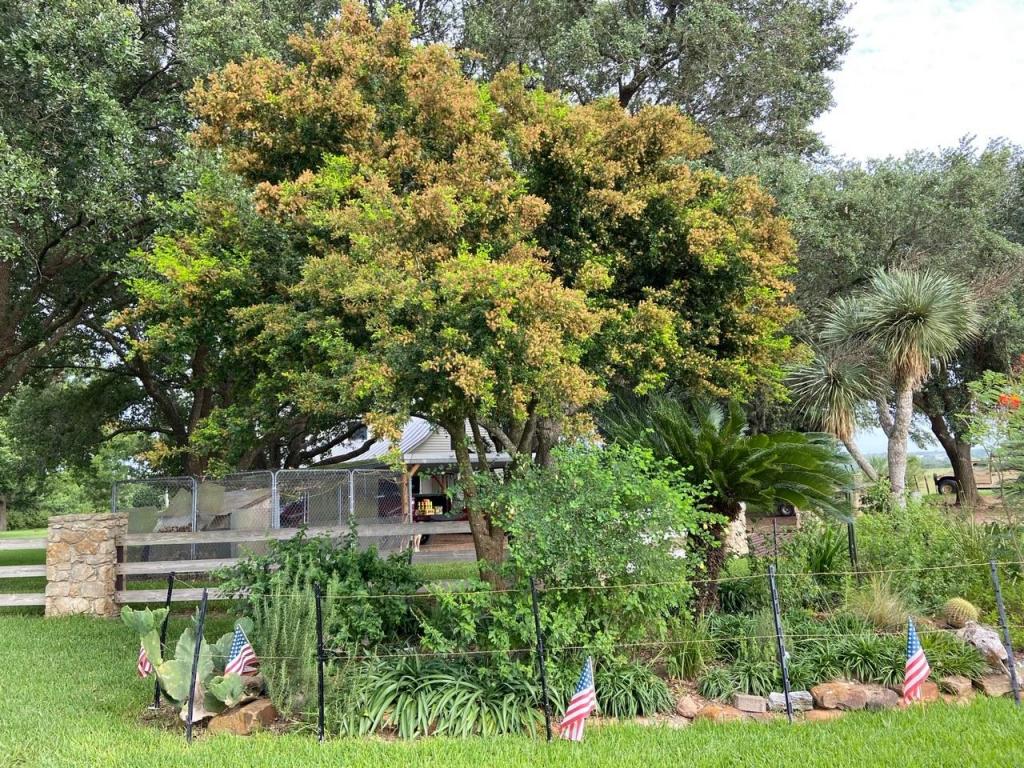
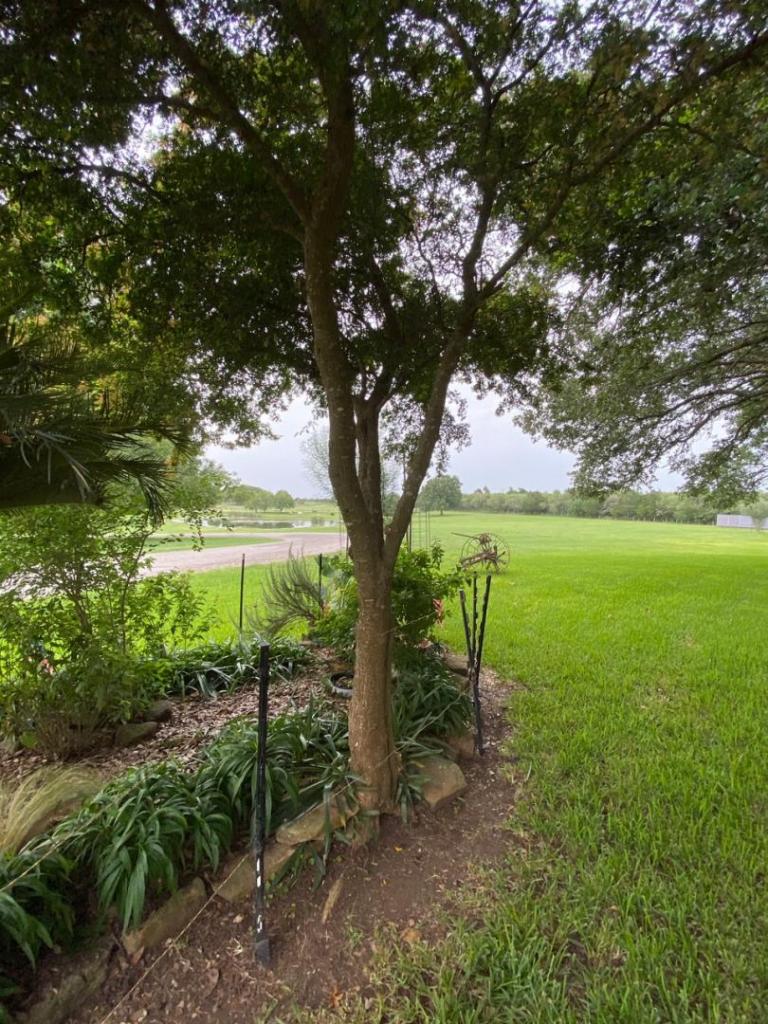
.jpg.0cf735c7525858af1582442942bc68e8.thumb.jpg.894f59a749fff01eb286c1fe4a50ab62.jpg)
(200x170).thumb.jpg.58db35068f600ea0c724f4da3ccaf224.jpg)


